The 10 Leading Shopify Plus Agencies In Australia







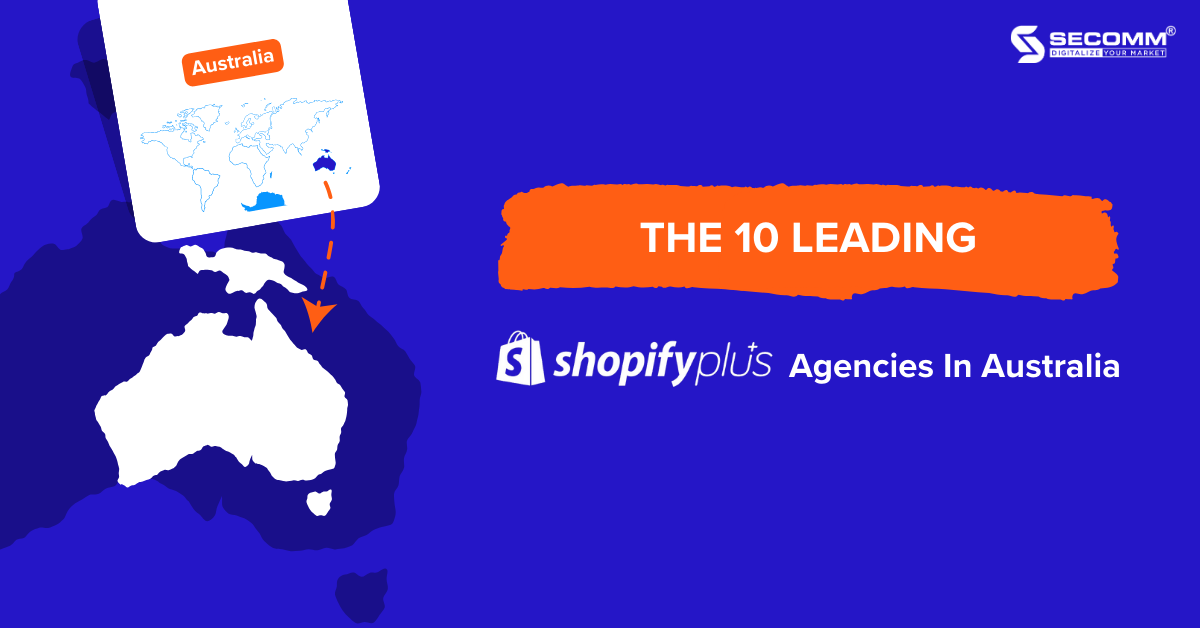
The Shopify Plus agencies in Australia are more than just experts in this eCommerce platform; they’re also dependable allies in your online business growth. The Australian eCommerce market has experienced significant expansion in recent years, so choosing the right Shopify Plus development partner is a pivotal strategic move.
In this article, we’ll outline Australia’s top 10 premier Shopify Plus developers and the criteria for selecting the ideal partner for your eCommerce development project.
Read more: Top 10 Shopify Plus eCommerce websites in Australia
1. What is Shopify Plus?
Shopify Plus is an advanced eCommerce platform tailored for large enterprises that aim to expand their business operations and elevate their customers’ online shopping experience. It offers a robust infrastructure for building custom eCommerce websites and flexible scalability for seamless integration with third-party applications.
Moreover, the platform continuously evolves and enhances its exclusive solutions, empowering businesses to operate more efficiently and deliver an exceptional customer experience.
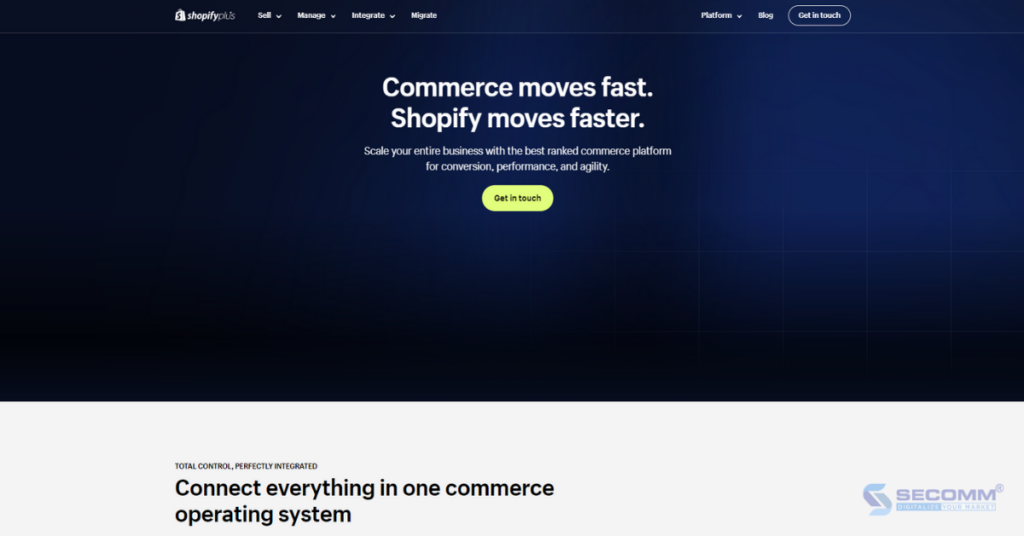
Read more: 15 reasons to migrate to Shopify Plus
2. Why partner with Shopify Plus agencies?
This is an important question that many businesses often ask when starting their eCommerce projects. Below are some reasons why collaborating with a Shopify Plus development company:
Professional Expertise
Shopify Plus developers typically have teams of experts highly skilled in this platform. Most companies will participate in the Shopify Plus Partners program, receiving technical support, educational resources, commissions, and branding.
Moreover, these developers must demonstrate that they meet the standards to become official Shopify Plus partners. Therefore, collaborating with them will help businesses launch their eCommerce websites quickly while utilizing features and integrations to optimize business performance.
Cost and Time Optimization
Partnering with Shopify Plus agencies can save time and costs compared to independently building and managing an eCommerce website.
Collaboration becomes even more valuable when tight deadlines and rapid online store deployment are required. These developers already have the tools, processes, and experience to efficiently and swiftly deploy projects.
Ongoing Support
It is crucial to ensure smooth and stable website operation after launch. Shopify Plus developers often provide continuous support services after the project is completed.
This involves the ongoing maintenance and management of the website, along with technical assistance, to ensure seamless operation and constant alignment with Shopify Plus’s latest features.
Read more: Shopify Plus and Advanced: Which one is right for you?
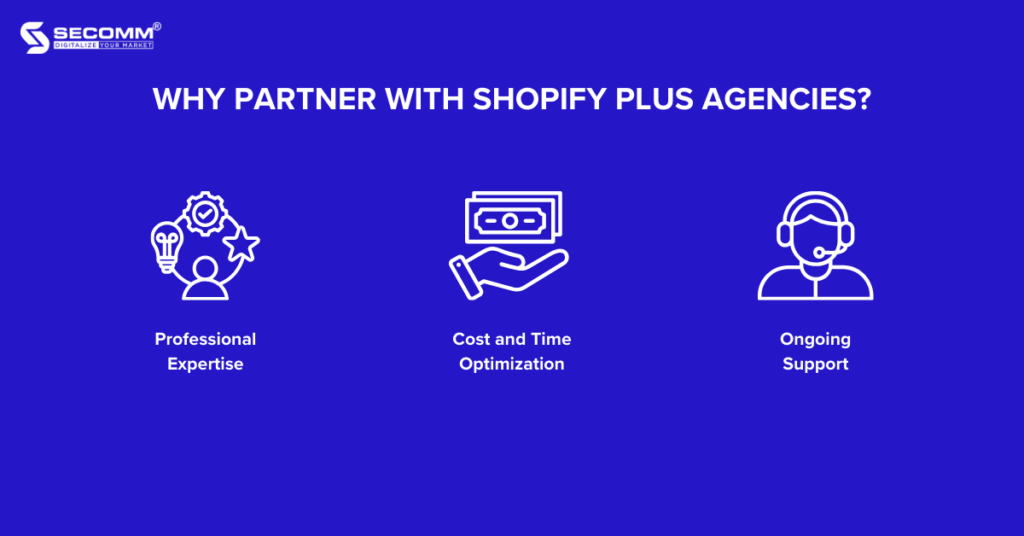
3. Four criteria for choosing the right Shopify Plus agency in Australia
Partnering with any development company in Australia can greatly influence the success or failure of a Shopify Plus implementation project. Here are four key criteria to consider when seeking a suitable developer:
Shopify Plus Expertise
A thorough understanding and experience with this platform are essential when developing an eCommerce project with Shopify Plus. Therefore, this is the primary point to evaluate any potential development agency.
You must ensure that the chosen developer has the knowledge and skills to implement the Shopify Plus platform. They need a team of capable experts to build, customize, and optimize eCommerce websites based on specific.
Insight into the Australian eCommerce Scene
Designing and building a website with a customized shopping experience tailored to the needs of Australian consumers isn’t an easy task. This requires technical skills and expertise in the Shopify Plus platform and a deep understanding of how the Australian eCommerce market operates.
Therefore, developers need to understand the target audience, their shopping behaviours, legal regulations, and other factors related to the distinctive business culture in this country.
Client Testimonials
Evaluating feedback from previous clients can be valuable in the decision-making process. You can check reviews from various sources and clients to ensure objectivity and transparency. The Shopify Plus developer must have the necessary skills and experience to complete the eCommerce project as required.
Post-Deployment Support and Maintenance
When your Shopify Plus website is done and launched, you must pay attention to technical support and maintenance. That’s why should opt for a development agency dedicated to providing prompt support and ongoing maintenance after completing the project.
This ensures the website’s stability, swift resolution of technical glitches, and consistent security updates to keep the site current with the latest platform versions.
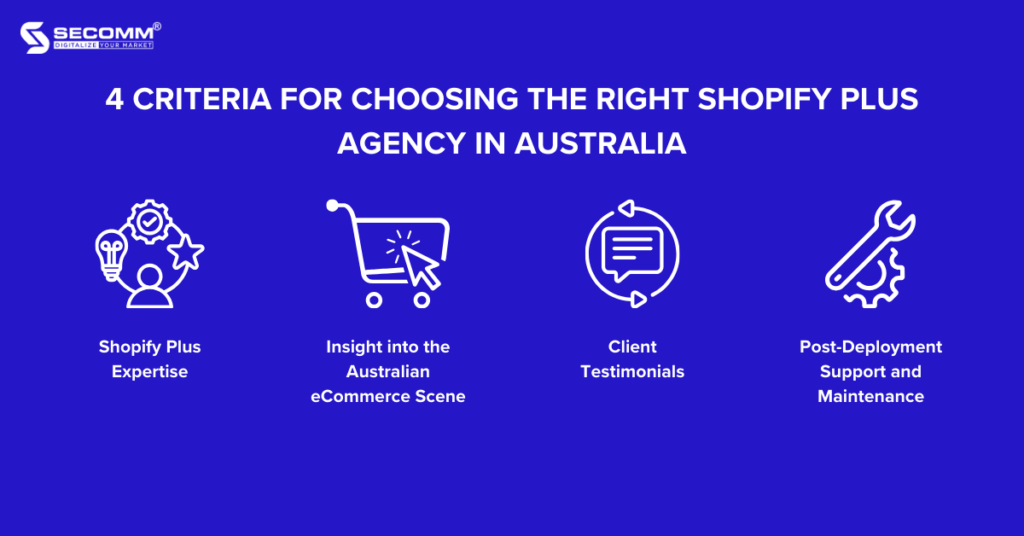
4. Top 10 Shopify Plus Agencies in Australia
The continuous growth of the Australian eCommerce market has led to an increasing demand for collaboration with top-notch developers, especially those specializing in the Shopify Plus platform. Below are the top 10 Shopify Plus development companies in Australia:
SECOMM
With over 10 years of experience in the eCommerce industry, SECOMM is one of the trustworthy Shopify Plus developers in Australia. SECOMM can design and build Shopify Plus eCommerce websites, implement Headless Shopify Hydrogen, migrate platforms to Shopify Plus, and provide related services.
Moreover, the company offers various custom solutions based on different technology platforms such as Magento, WordPress, WooCommerce, and commercetools. With a team of talented and professional experts, SECOMM ensures the success of eCommerce projects collaborating with Australian clients. Notable among these are Laybyland, Trentham Estate, The Rod Shop, and Seconds Deals.
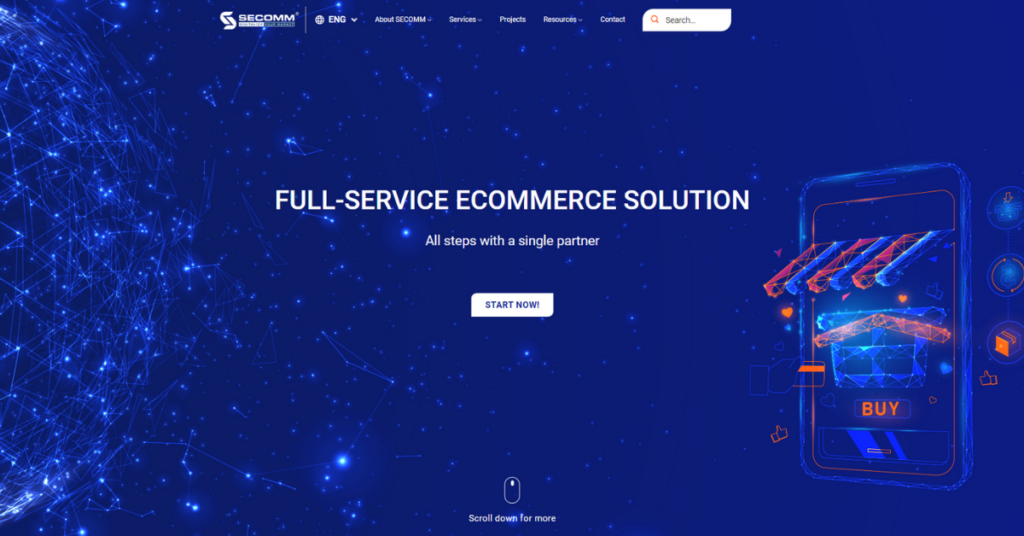
Drive Digital
Dive Digital provides eCommerce consulting services, UI/UX design, and Shopify website development. Its solutions optimise customers’ online shopping experiences and enhance business performance.
10SQ
10SQ aims to become the leading Shopify Plus development company in Australia, making it easy for businesses to access specialized services for this platform. Here, businesses can find customized solutions to expand and enhance their eCommerce systems efficiently.
Aron Web Solutions
Aron gathers highly skilled eCommerce developers proficient in various platforms and technologies, including Shopify Plus. The company has expanded its operations to many countries beyond Australia, such as the United States, the United Kingdom, and India.
Clean Commit
Clean Commit is a reliable partner with high expertise in developing and optimizing websites on the Shopify Plus platform. They are committed to providing effective and sustainable solutions for businesses.
Magneto IT Solutions
Magneto IT Solutions is a Shopify Plus developer with diverse industry experience. They offer customized and professional solutions to meet the specific requirements of businesses.
Acidgreen
In Australia, Acidgreen is renowned as a leading developer of eCommerce websites, excelling in Magento and Shopify Plus. The team’s experience and expertise in open-source and SaaS platforms are sufficient to maintain the company’s position in the market
30 Acres
This company develops solutions for businesses in Australia and New Zealand looking to implement eCommerce with Shopify Plus. Additionally, they provide continuous support even after the project is completed.
Pipelabs
Pipelabs’ solutions aim to deploy Omnichannel eCommerce on the Shopify Plus platform. Numerous projects’ success and positive reviews from previous clients attest to Pipelabs’ capabilities.
Moustache Republic
Moustache Republic is among the clients looking to implement Shopify Plus and BigCommerce. They provide solutions for eCommerce deployment based on these two platforms and offer seamless and efficient platform migration solutions.
The Final Words
The partners mentioned above are just a few of Australia’s skilled and trustworthy Shopify Plus developers. Choosing the most suitable partner to ensure your eCommerce objectives’ success and sustainable growth depends on your project’s specific requirements.
Start with Shopify Plus today with specialised solutions from SECOMM. Contact us or call (+84)28 7108 9908 for a free consultation!






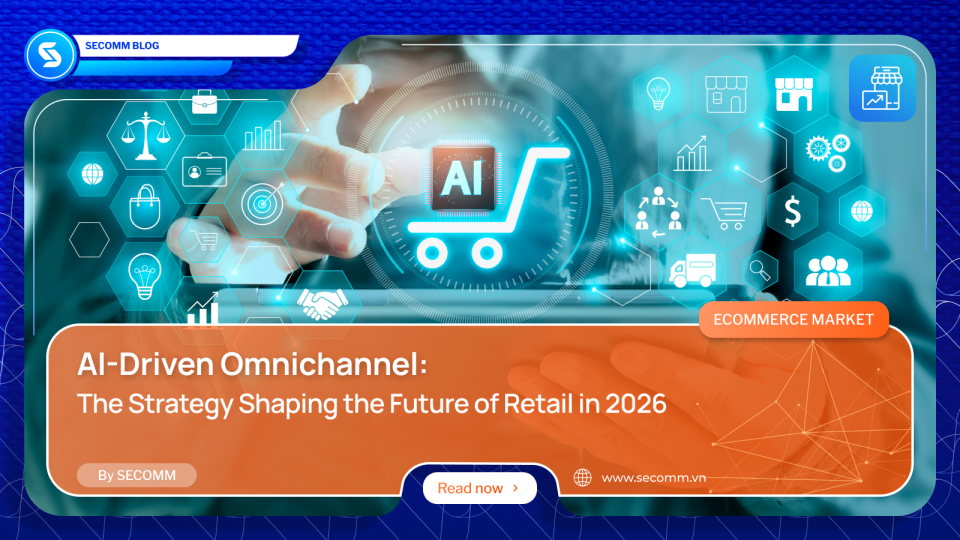
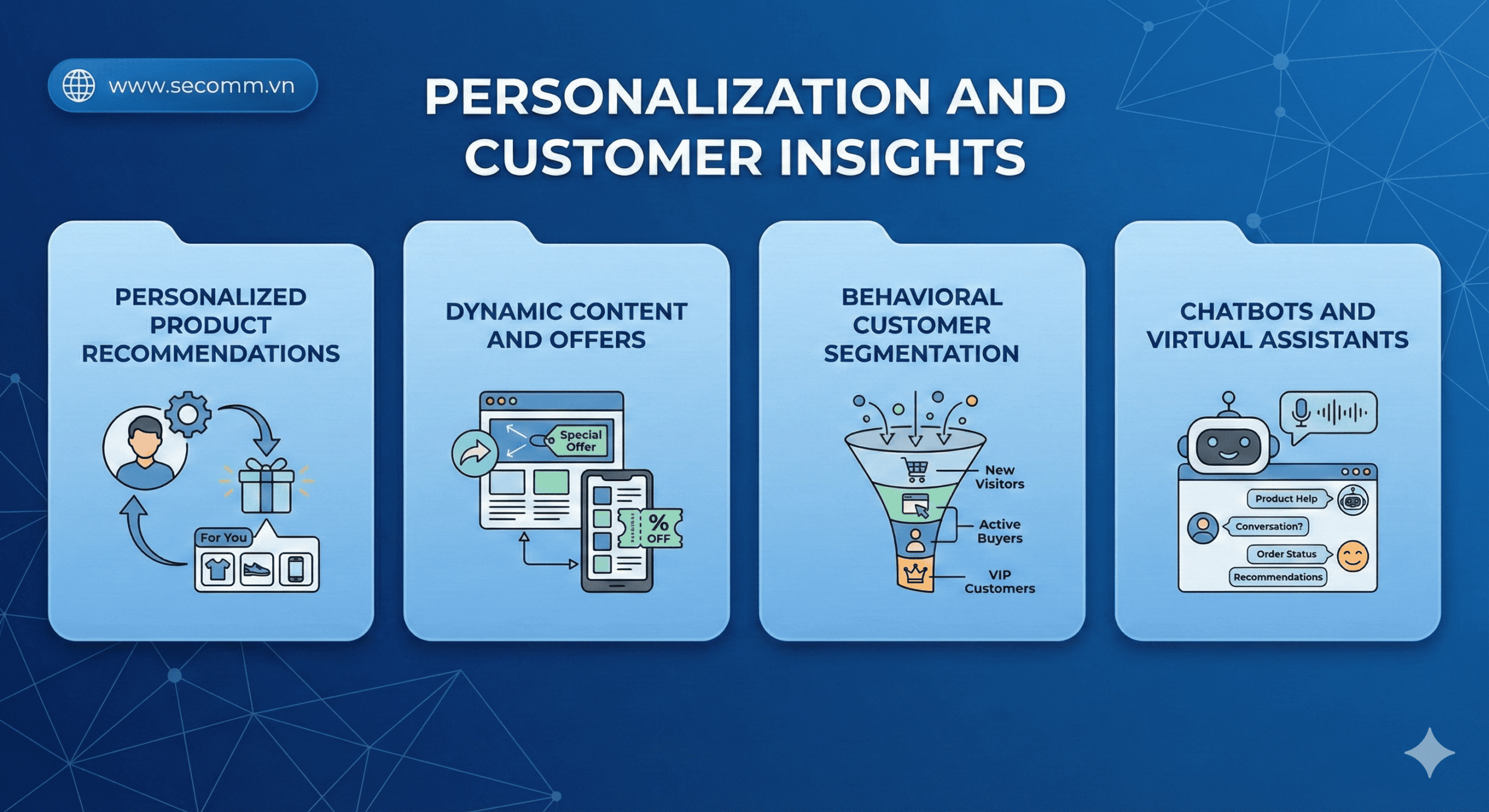
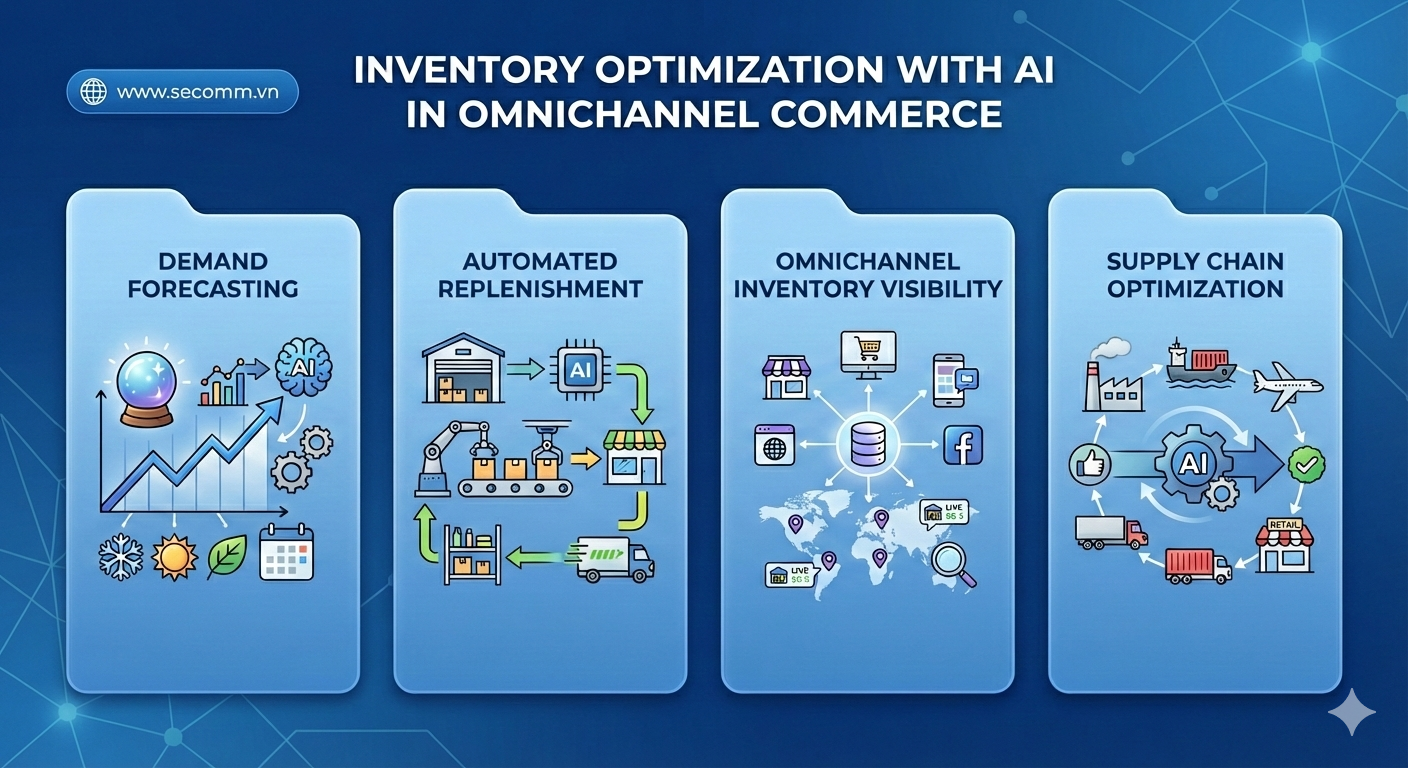
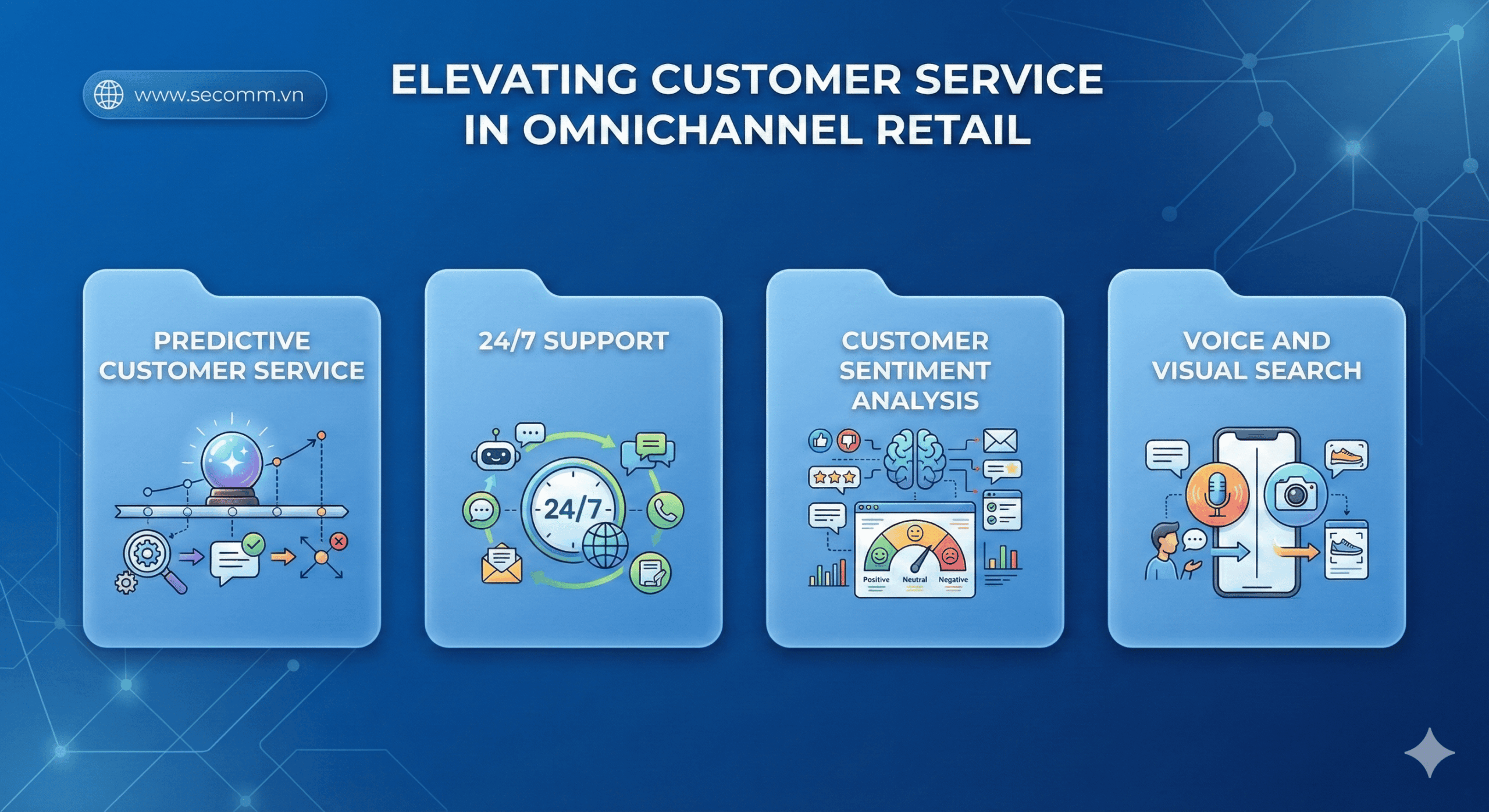
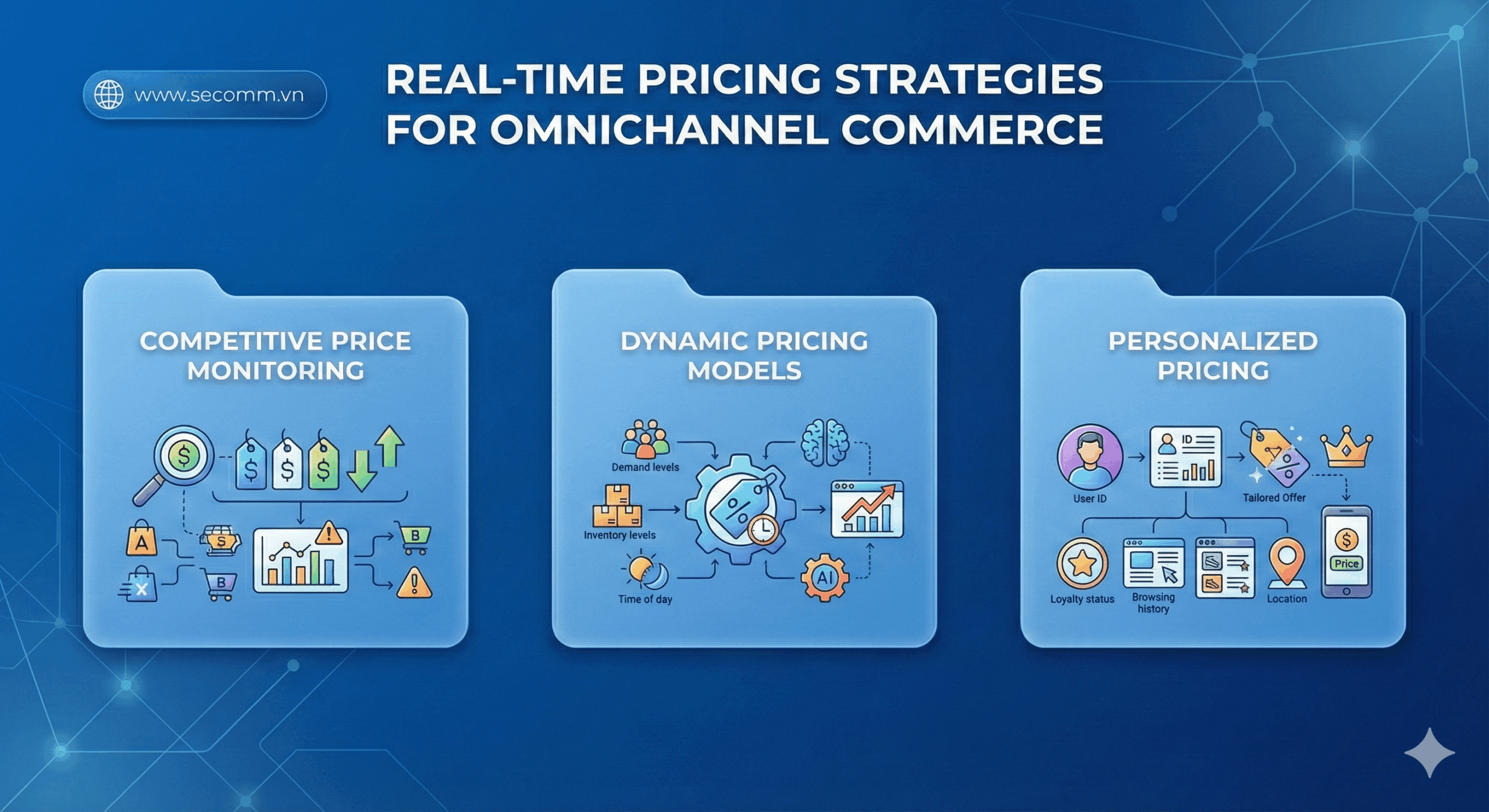
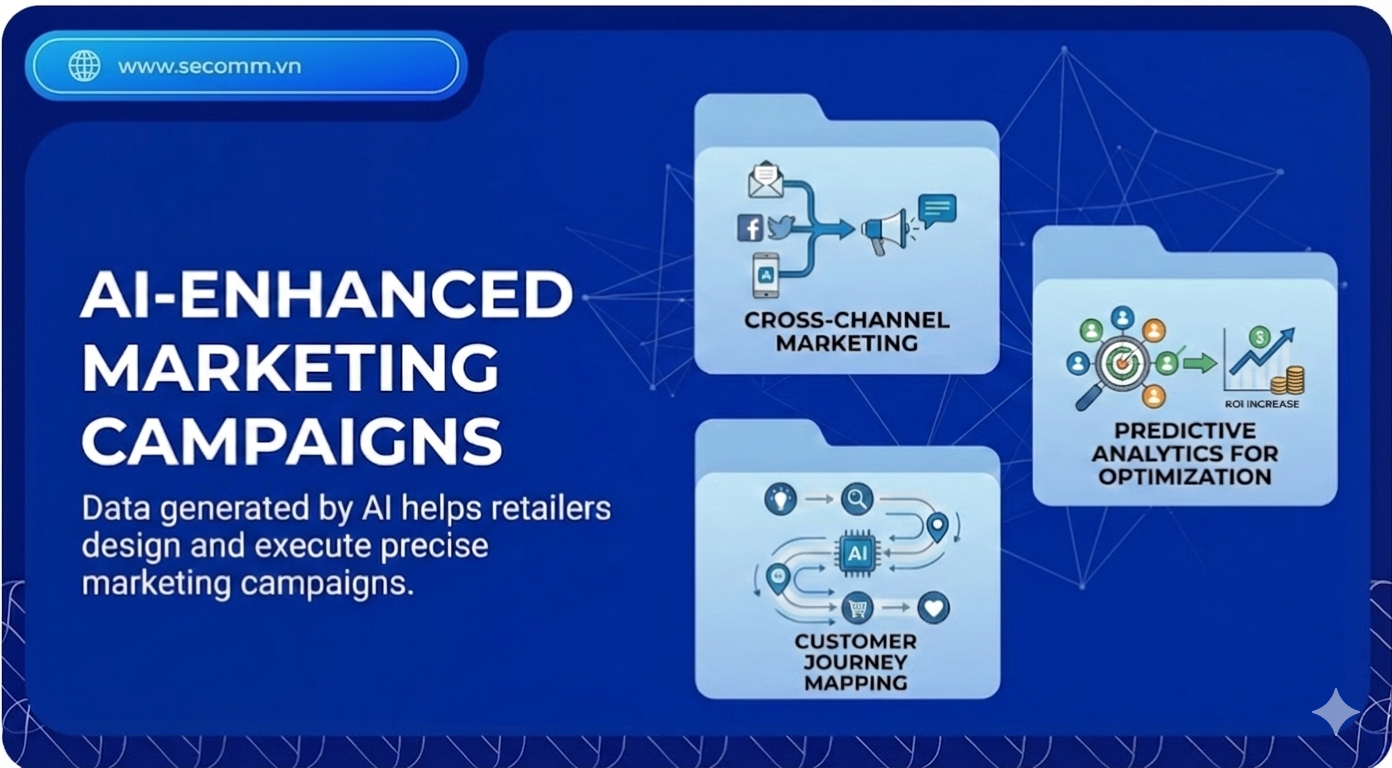
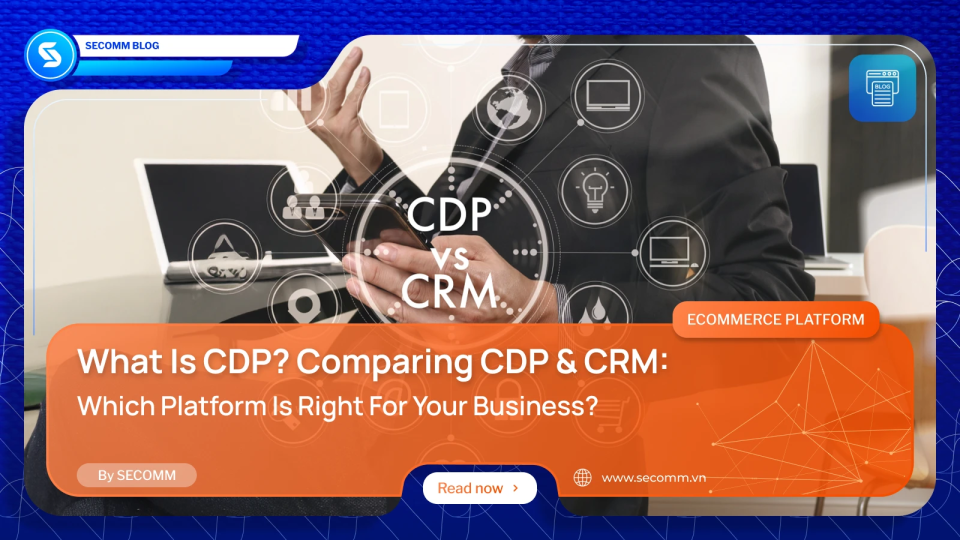
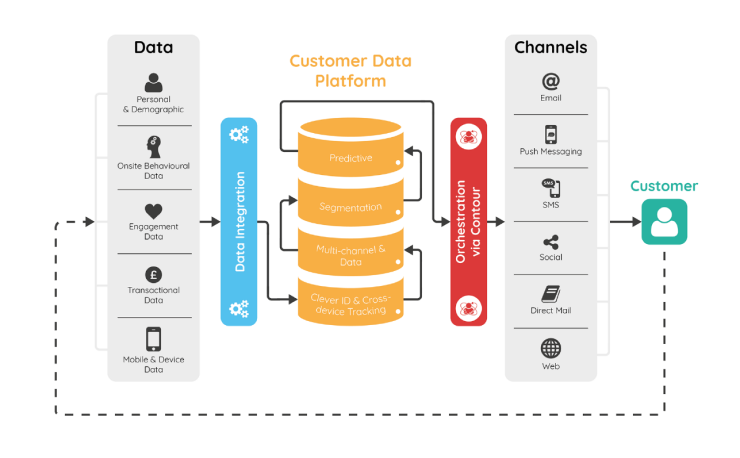
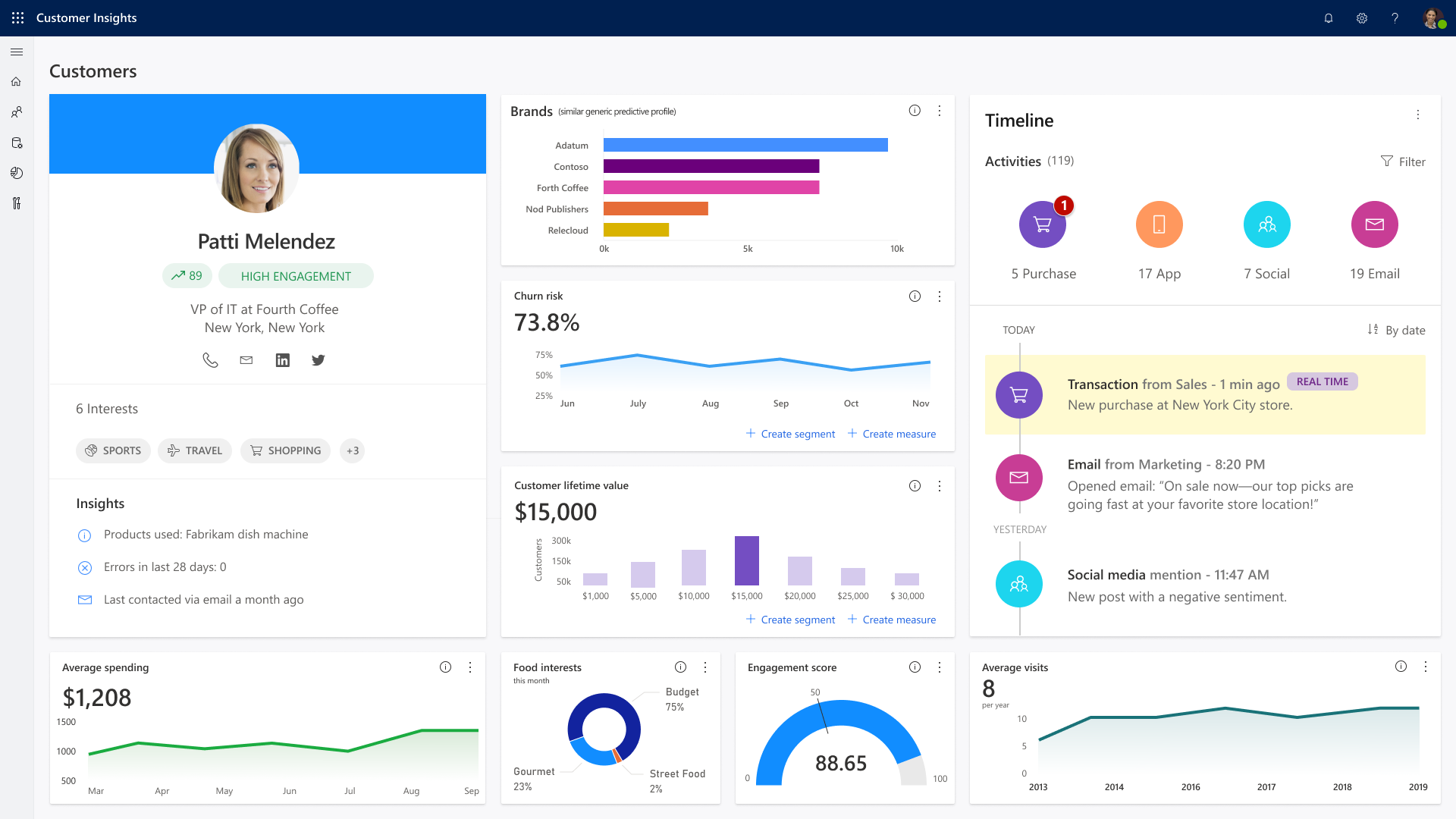






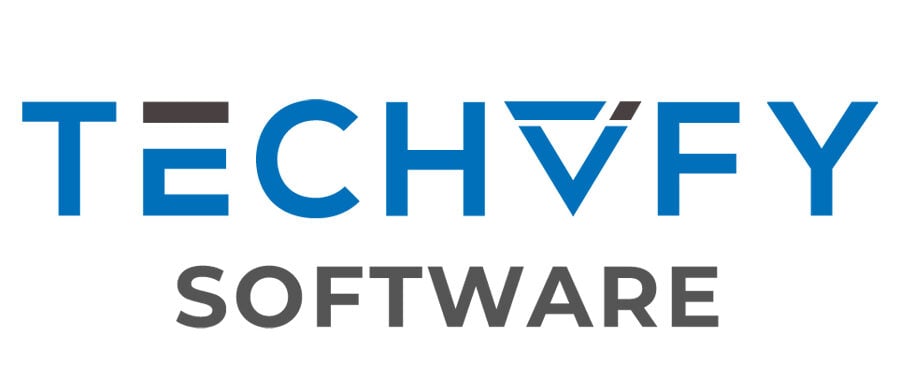



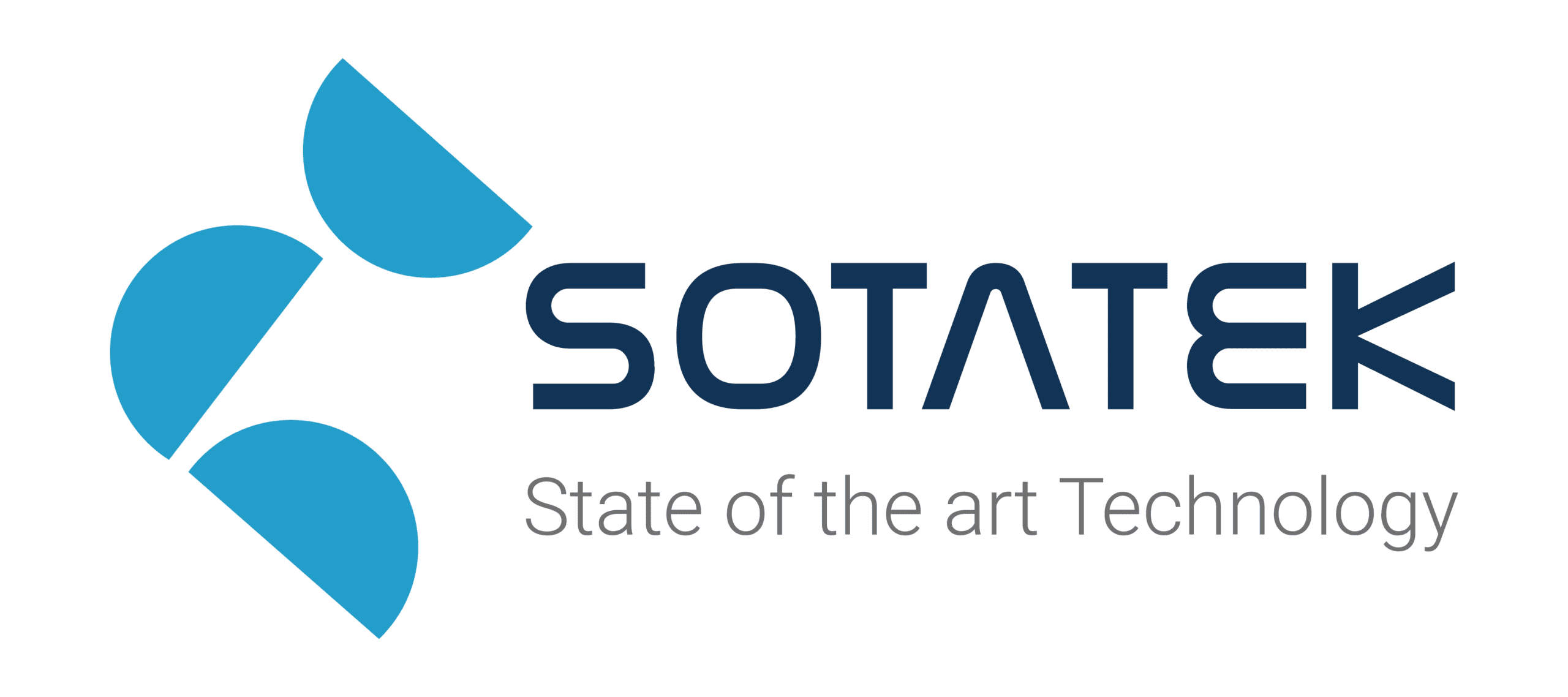

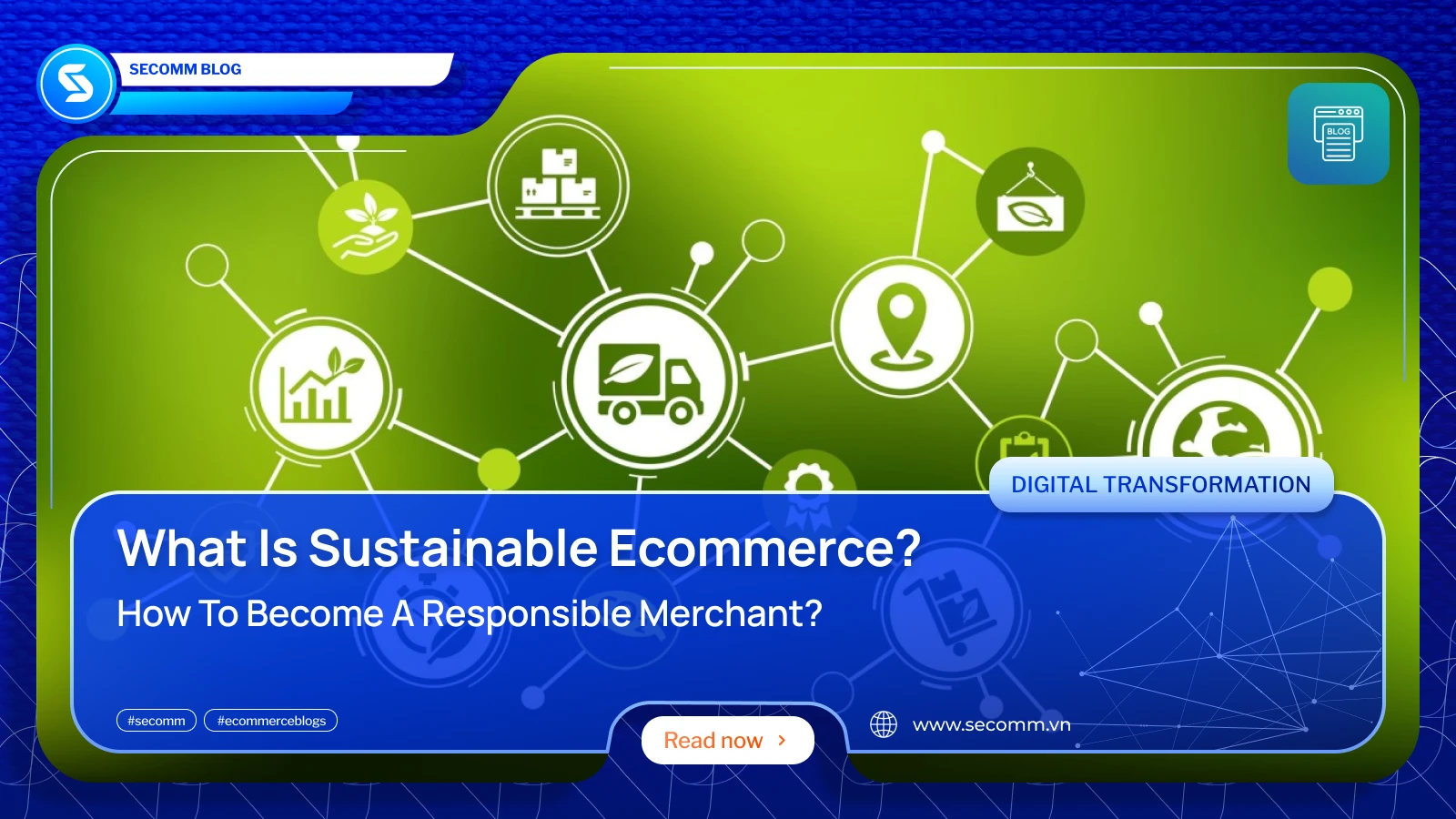
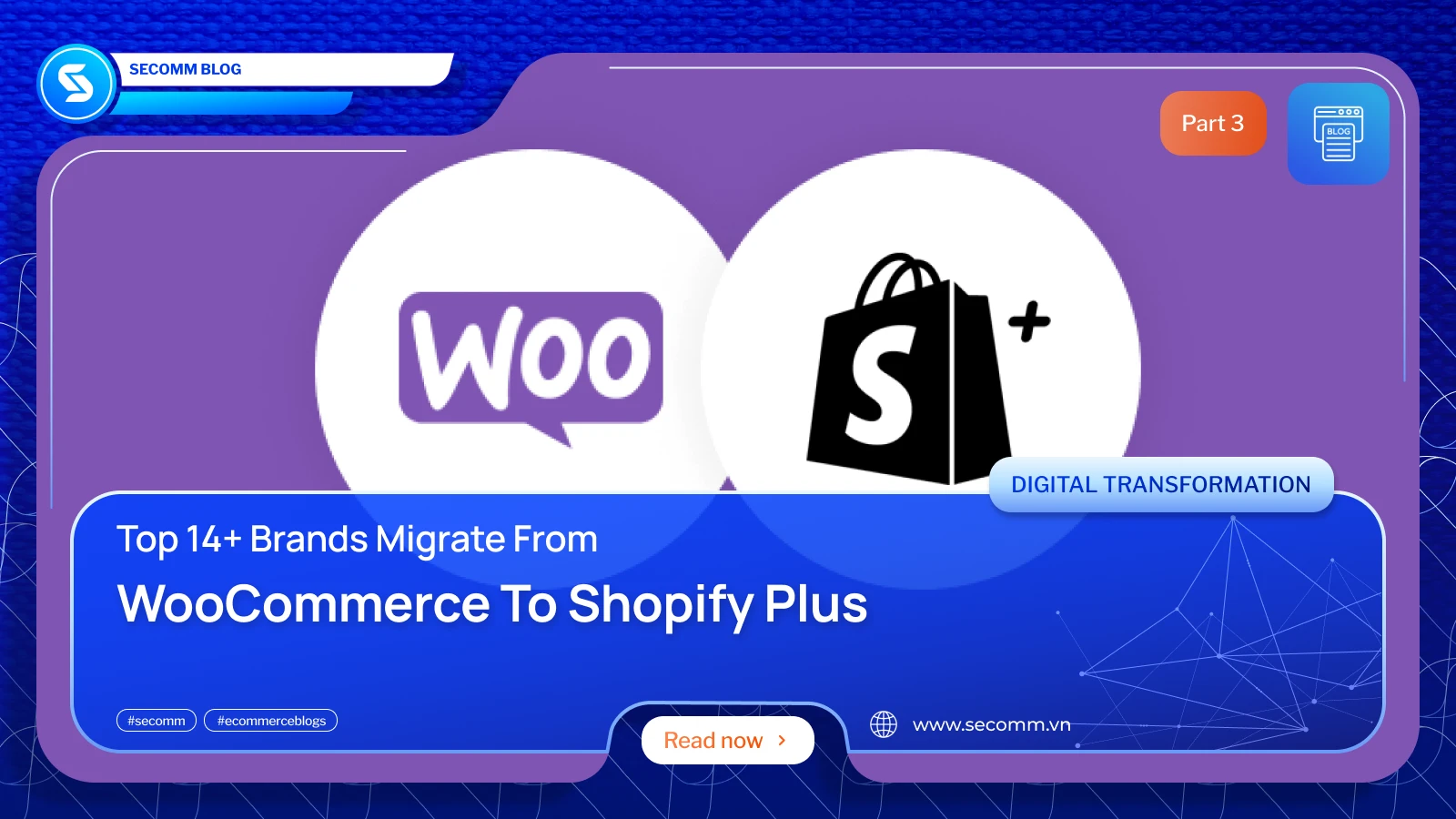
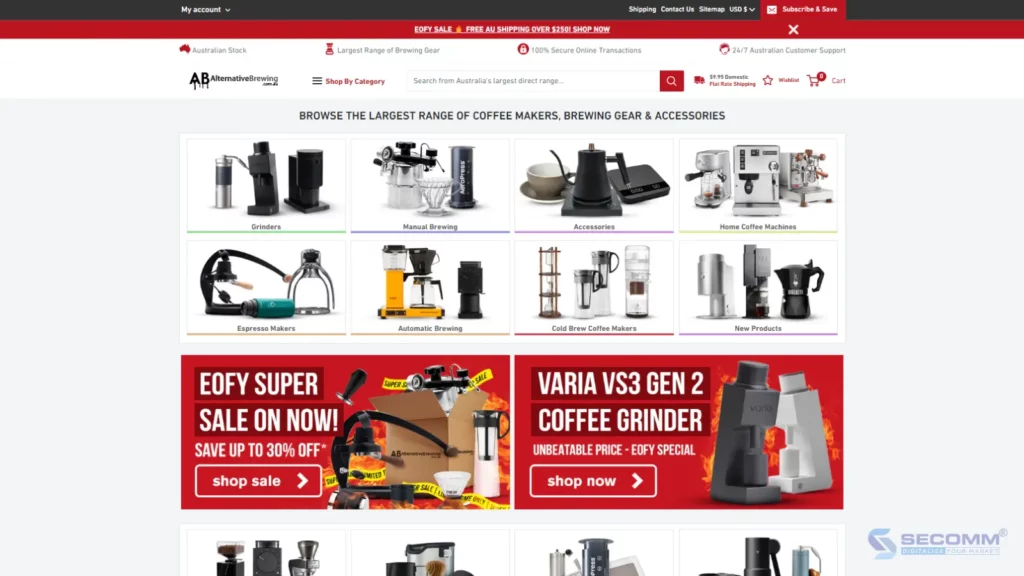
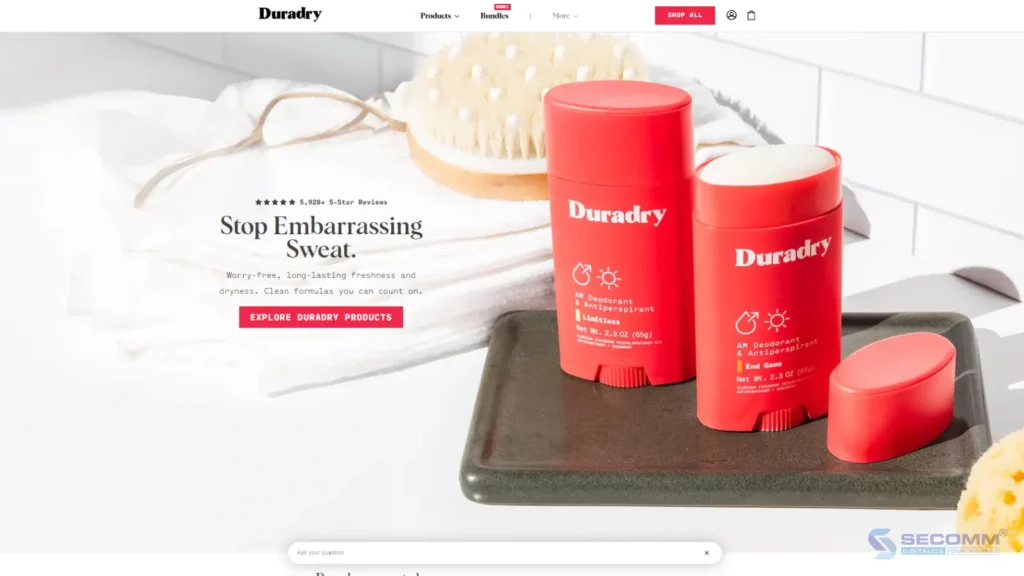
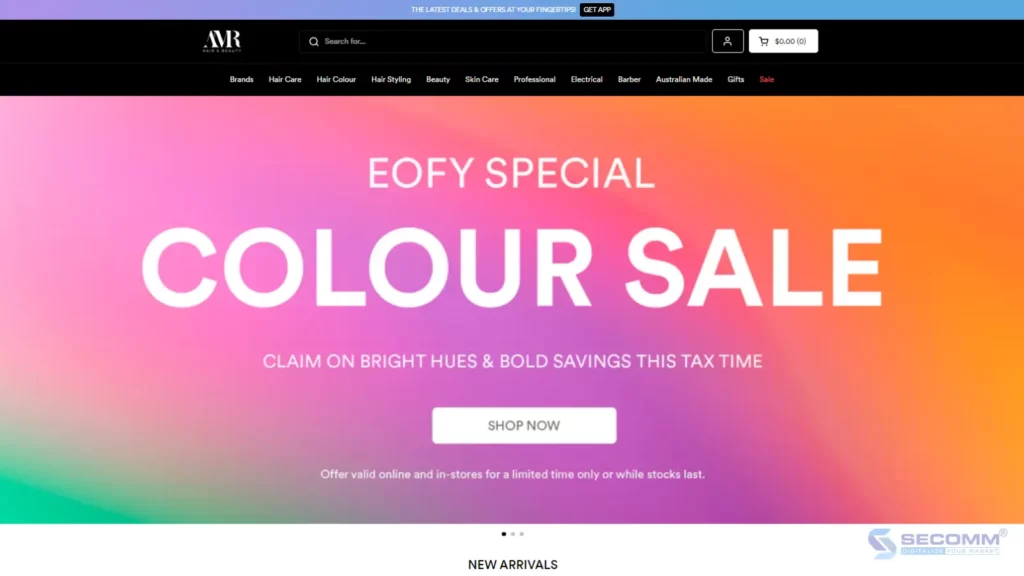

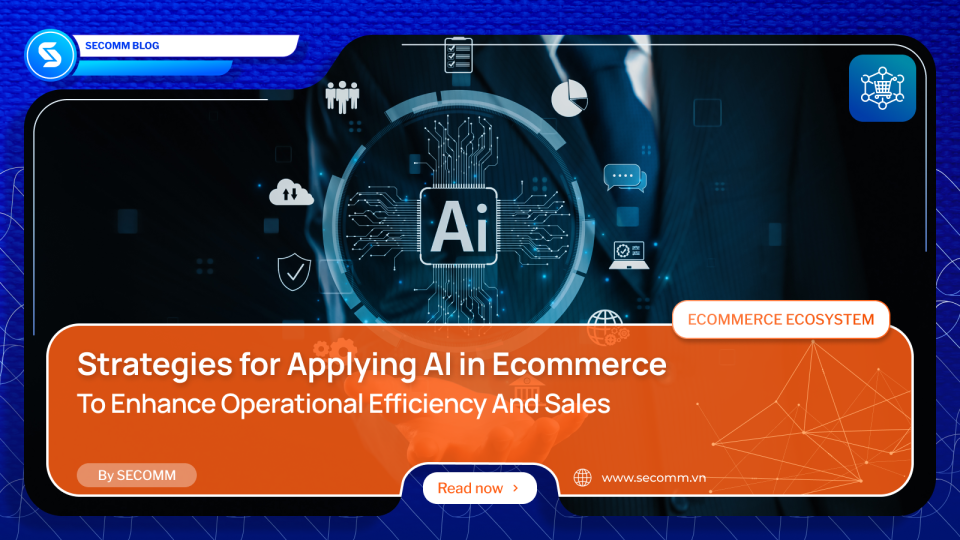

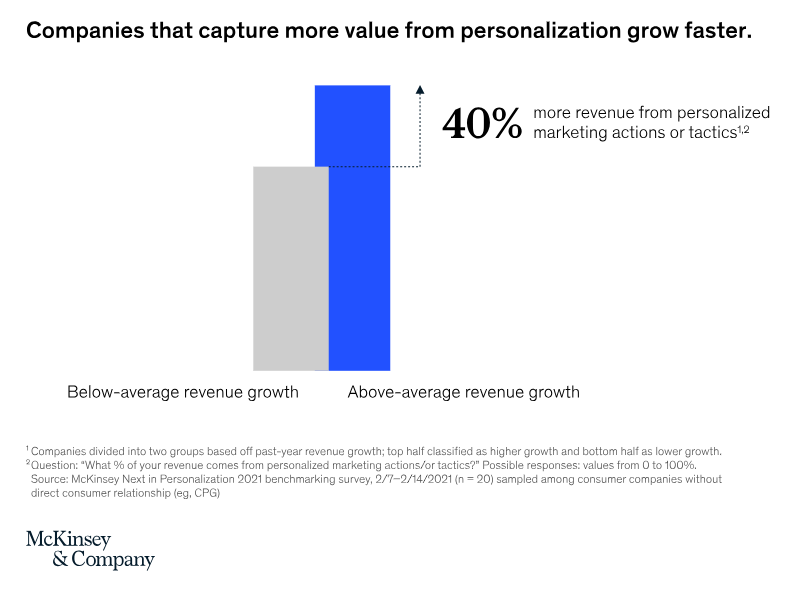
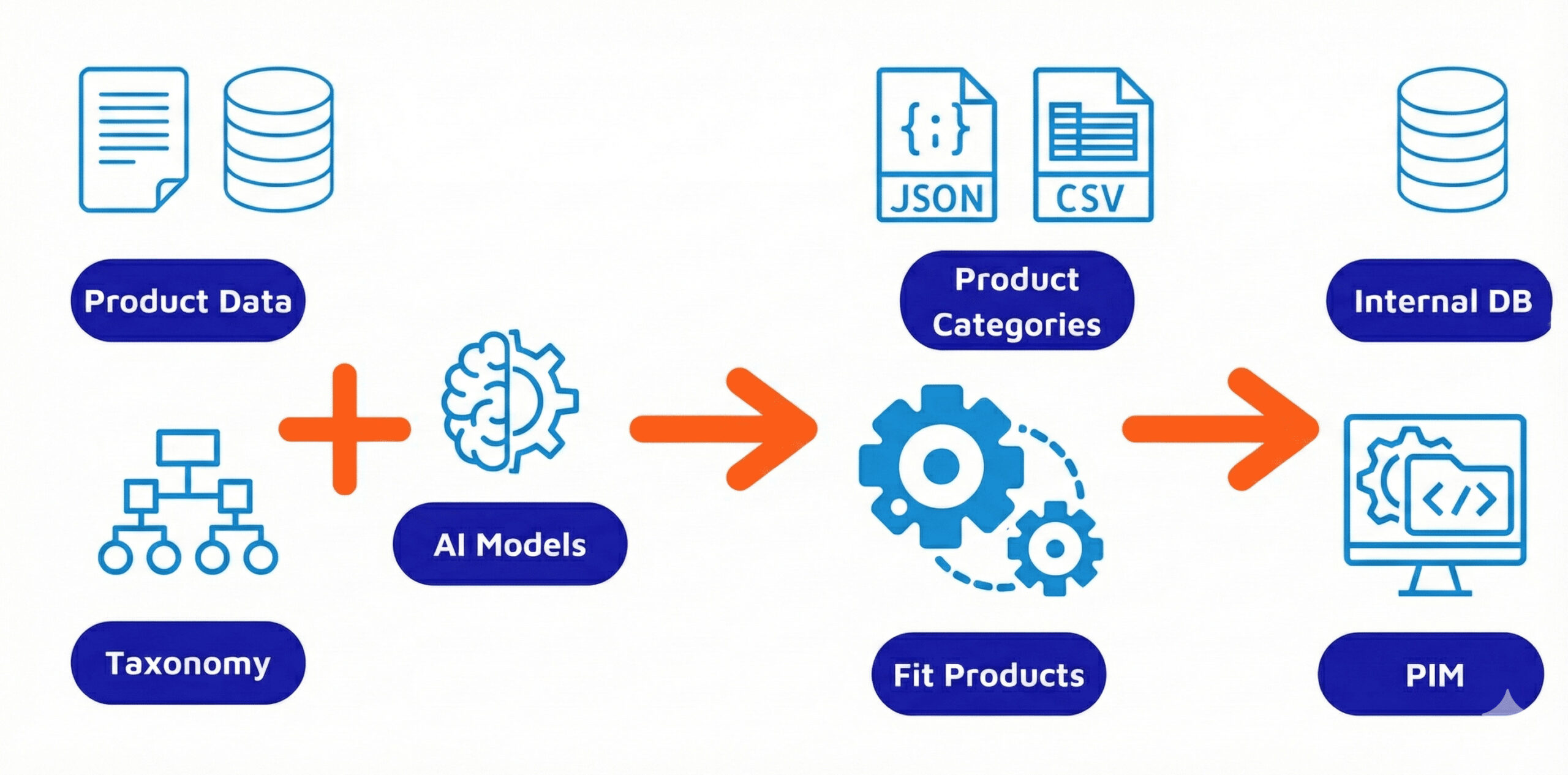
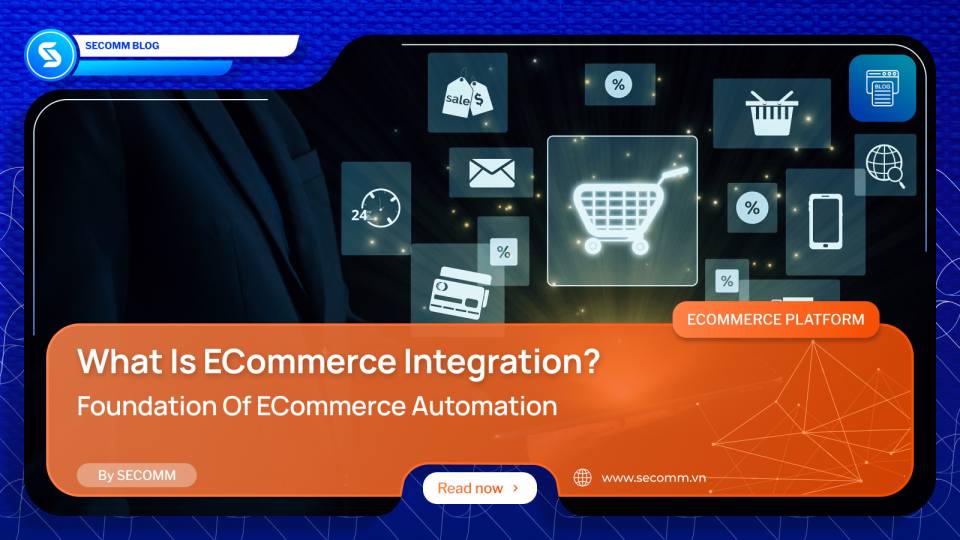
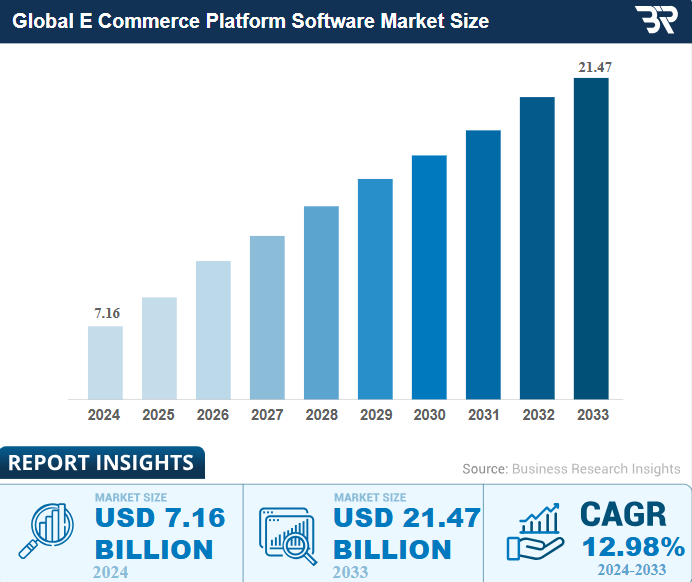

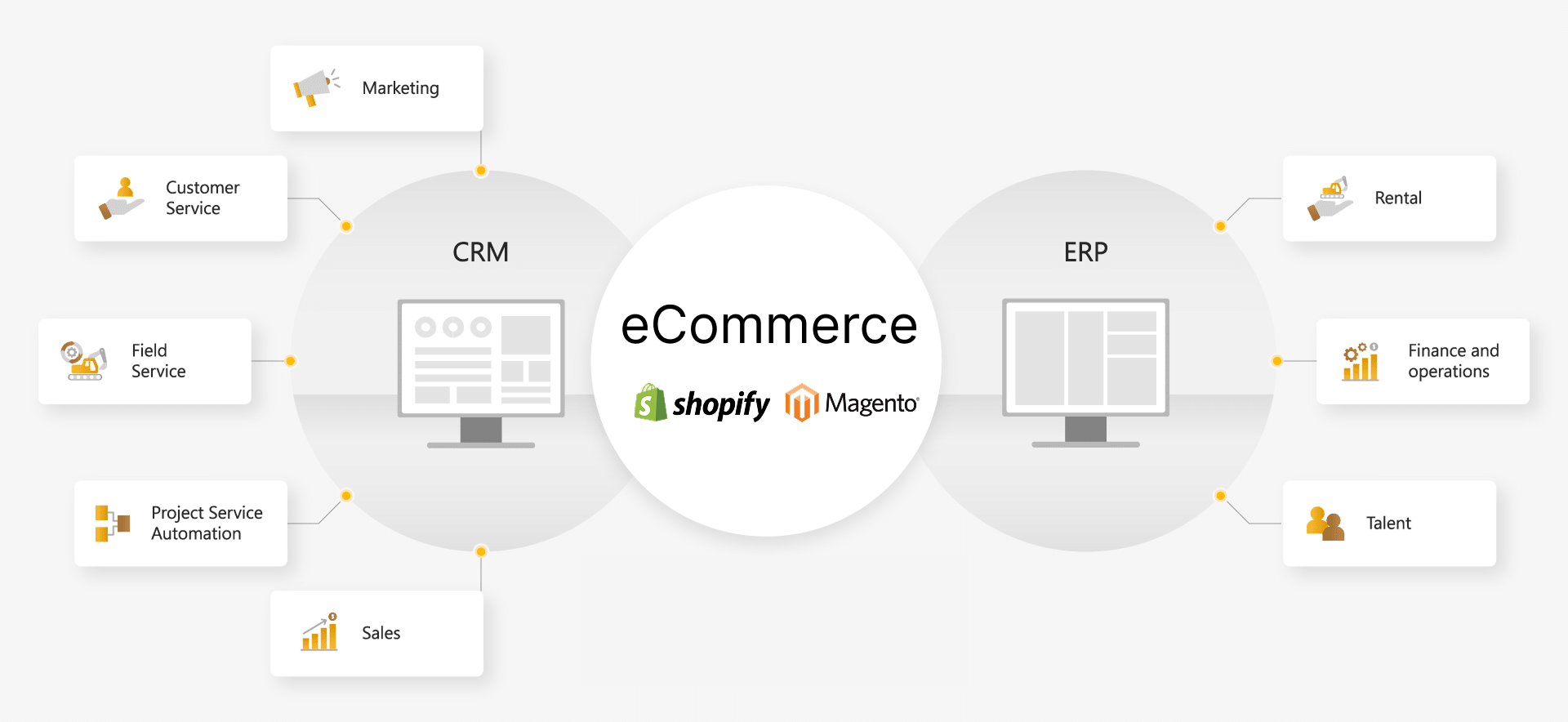
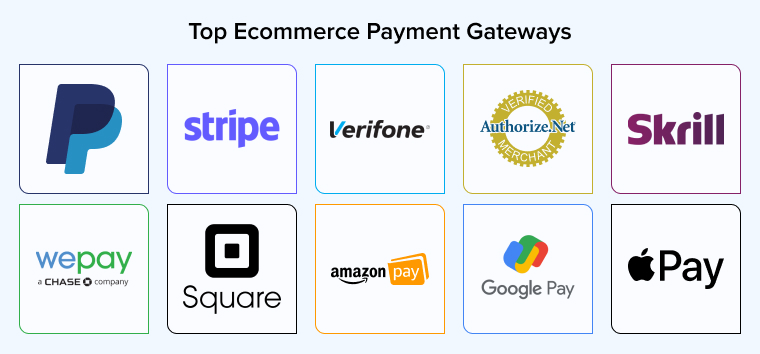
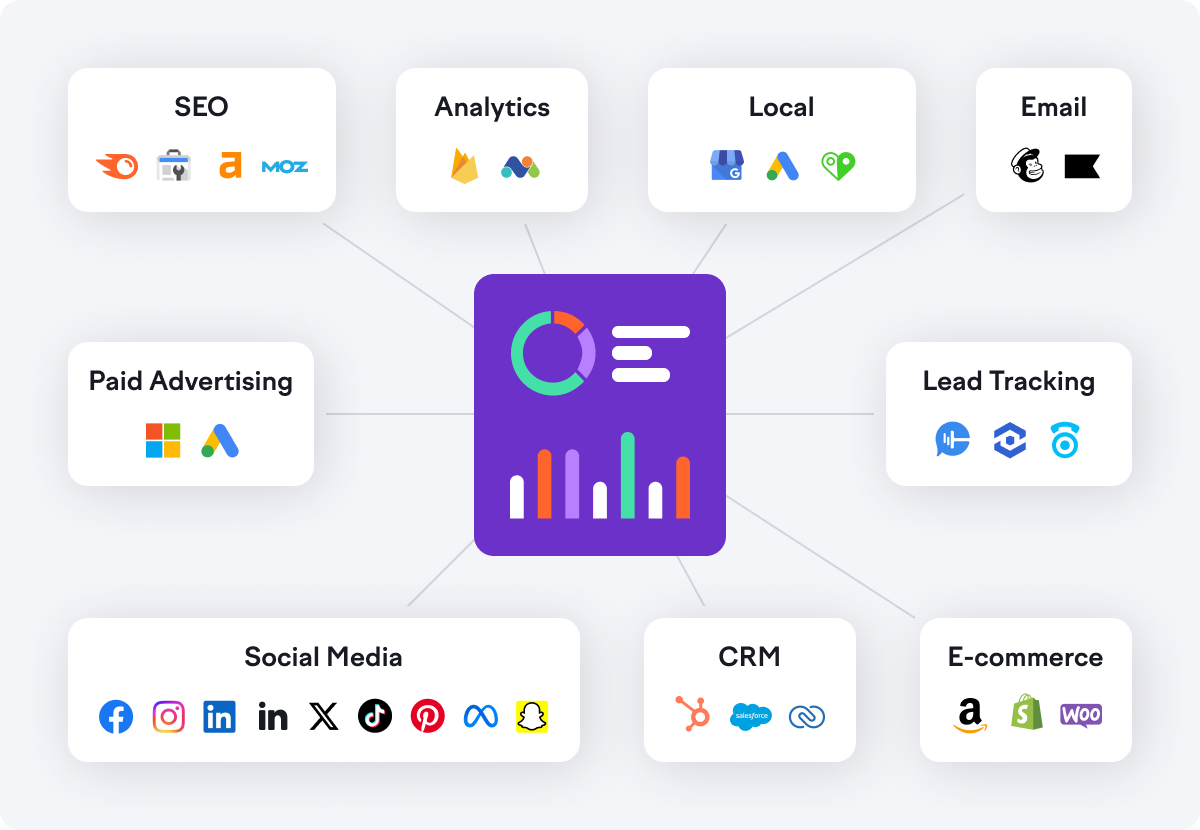
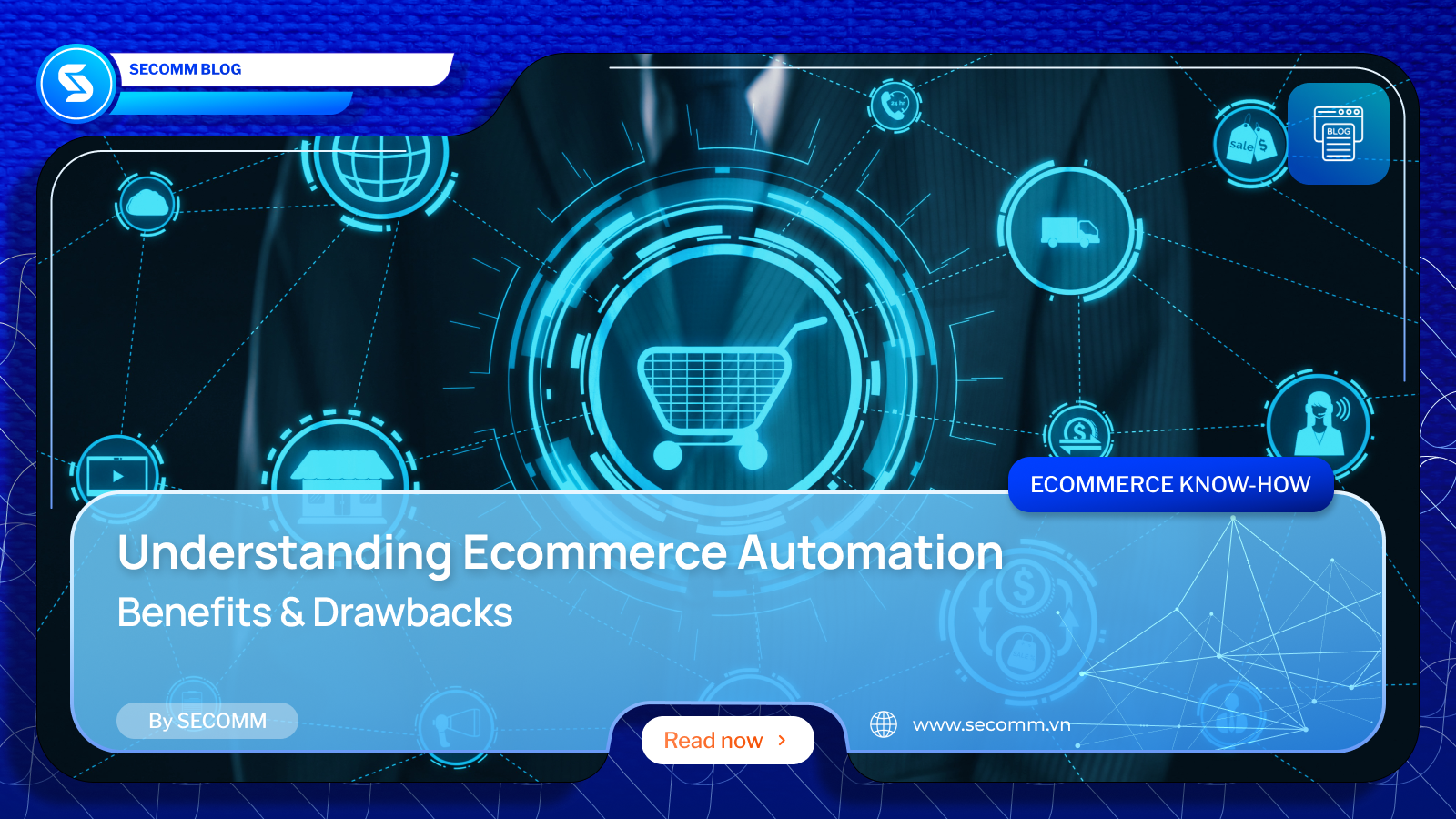
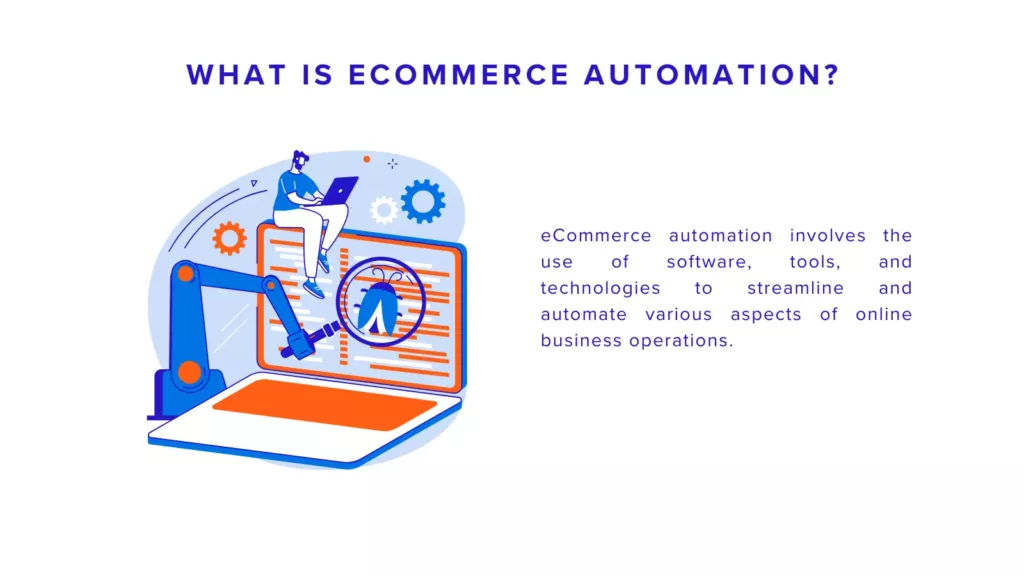
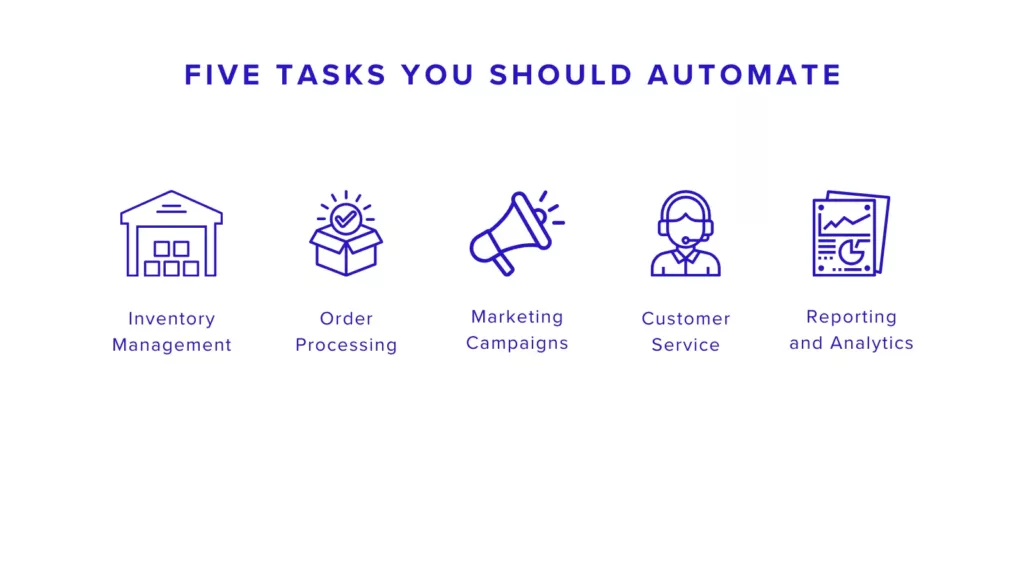
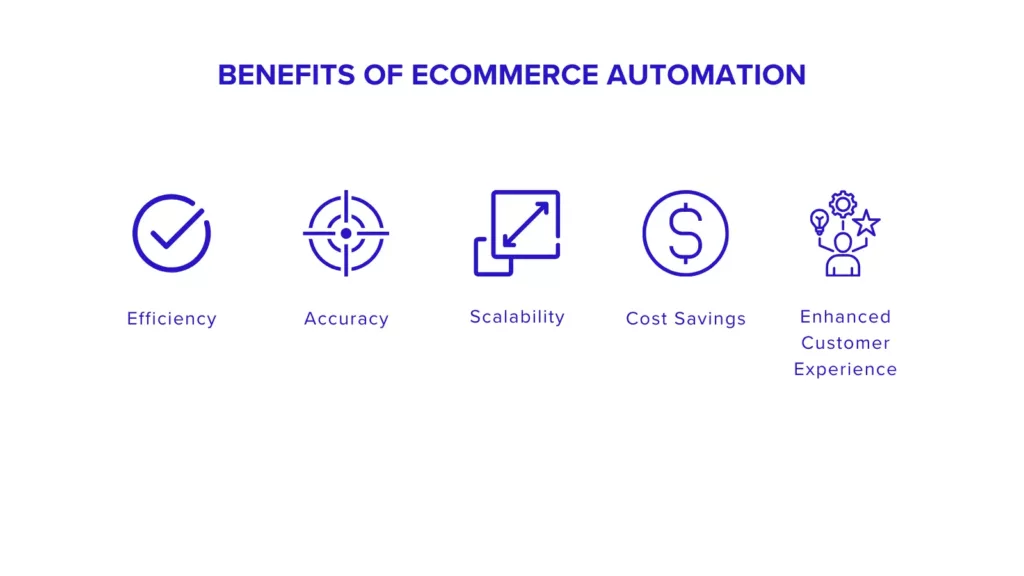
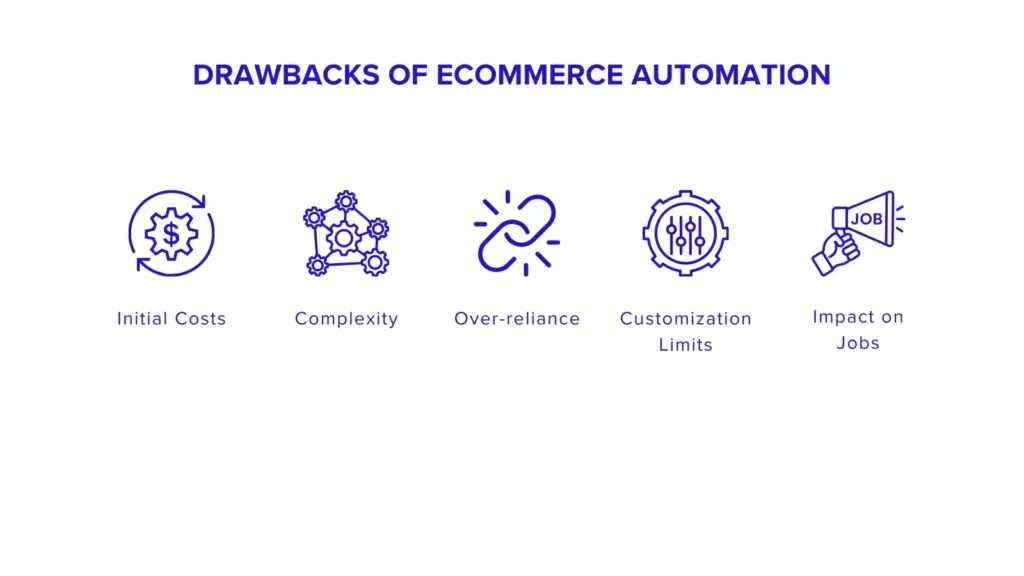
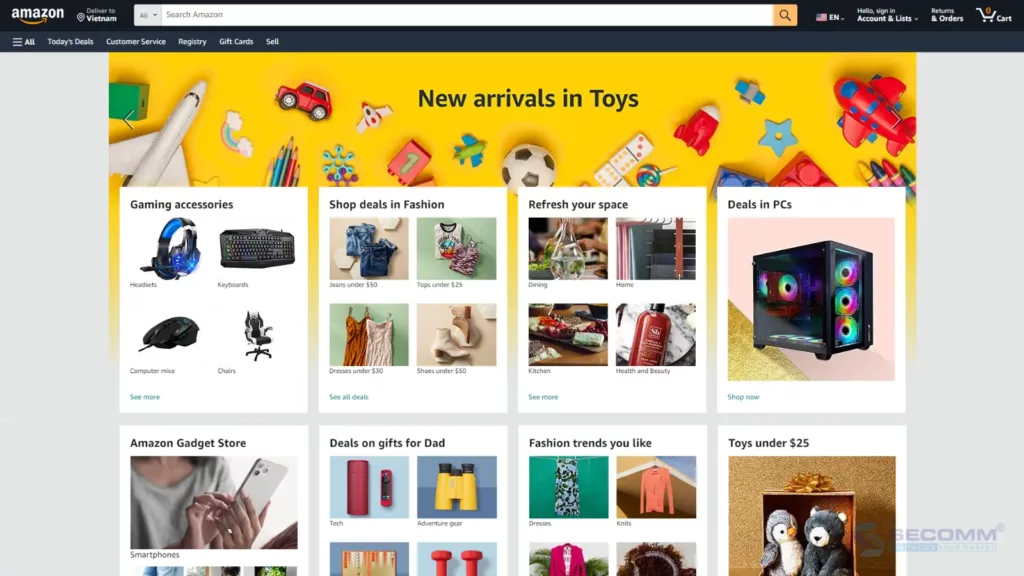
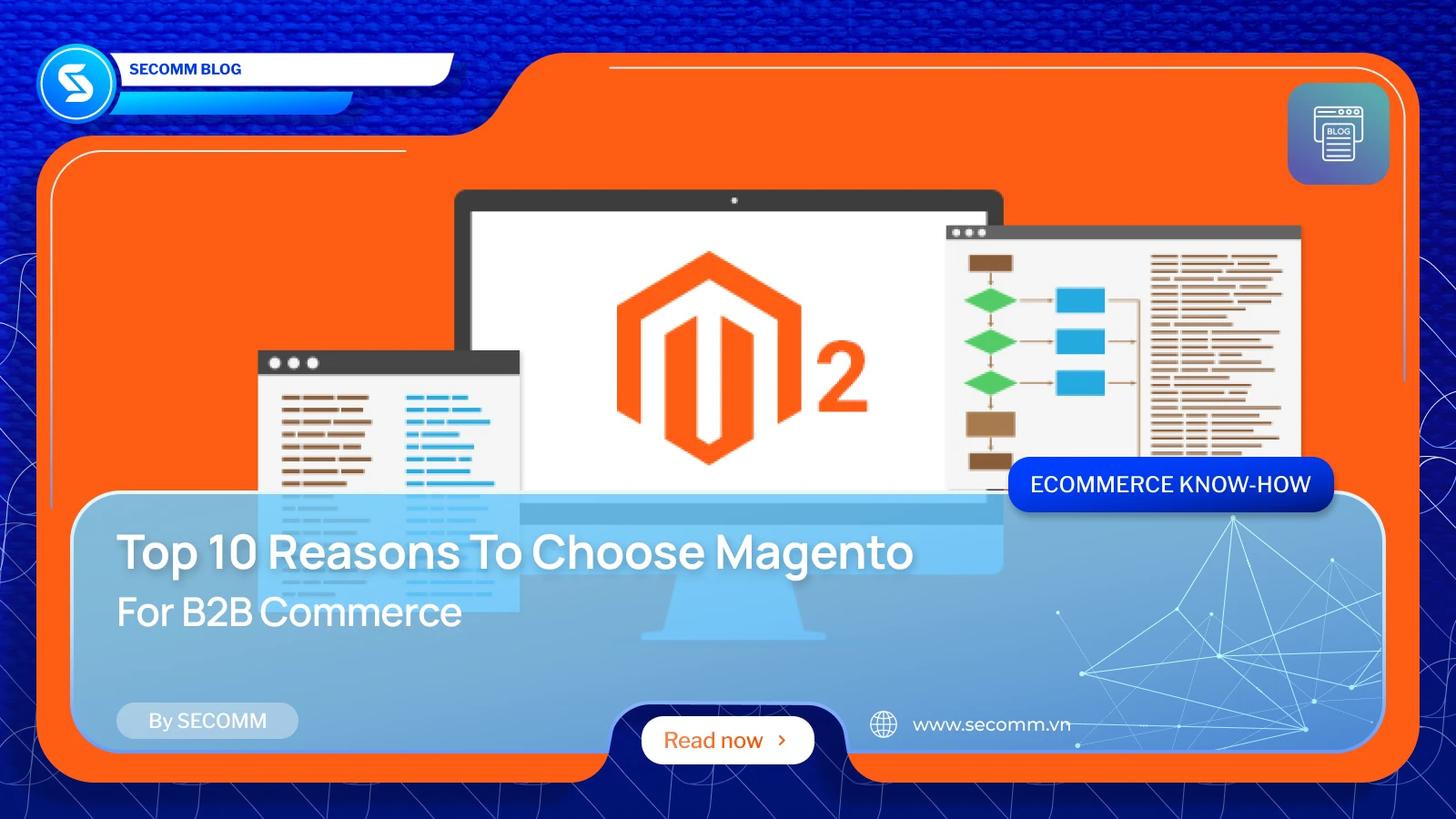
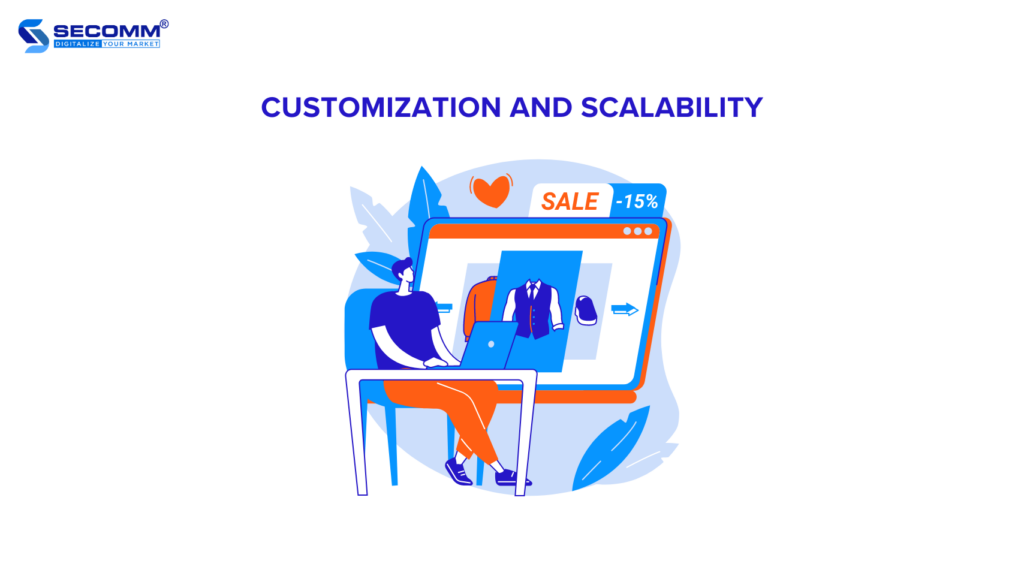
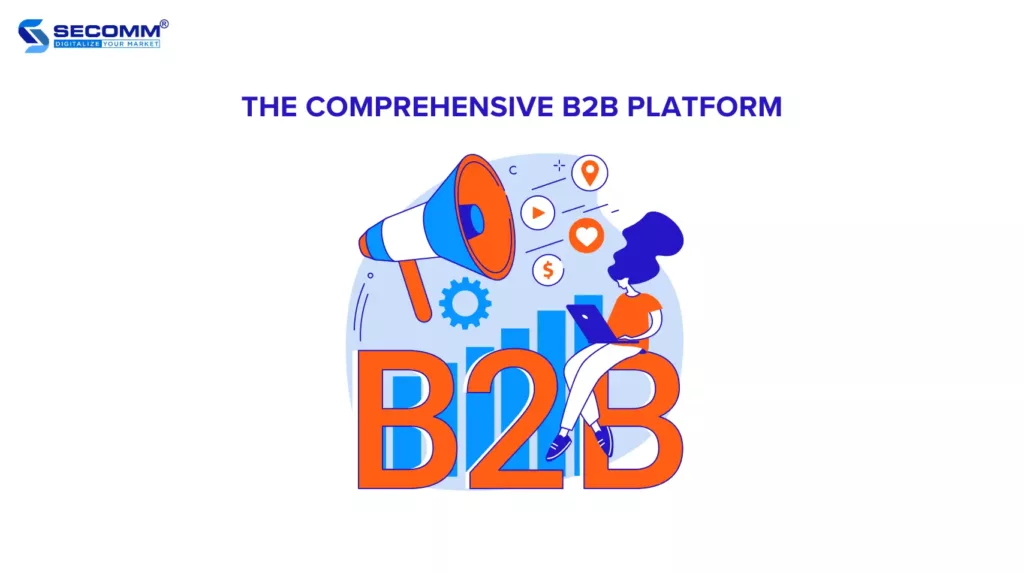
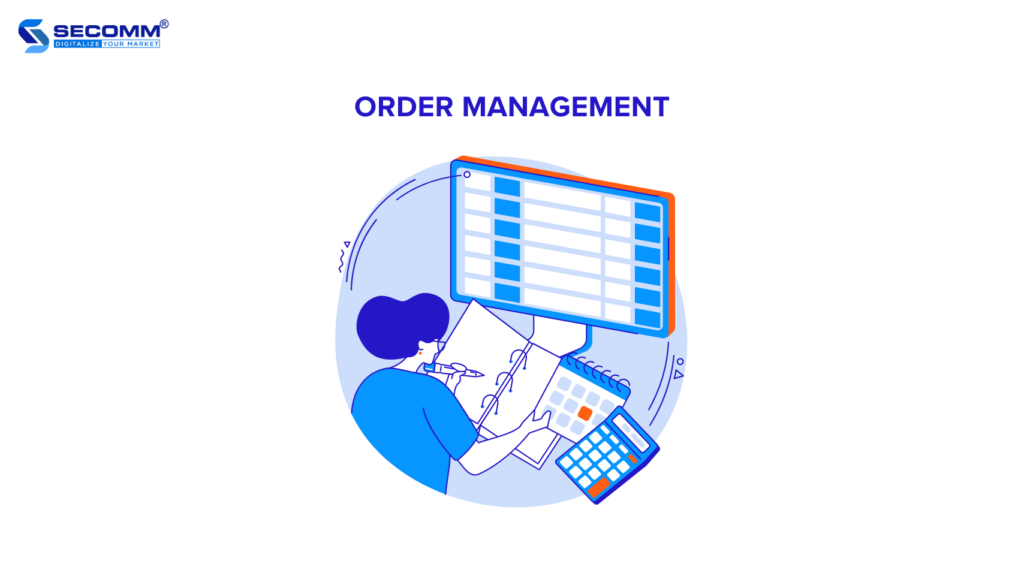
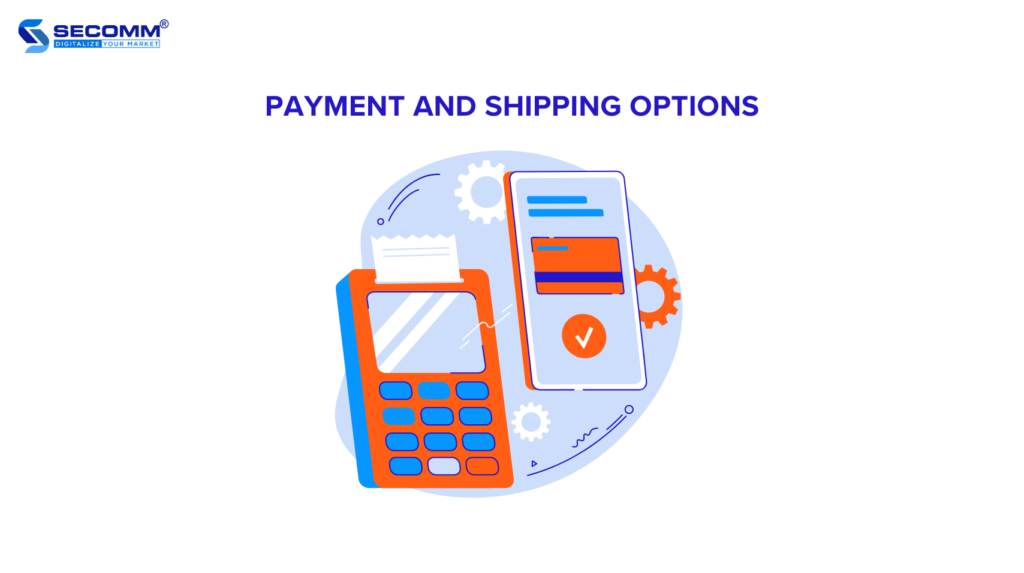
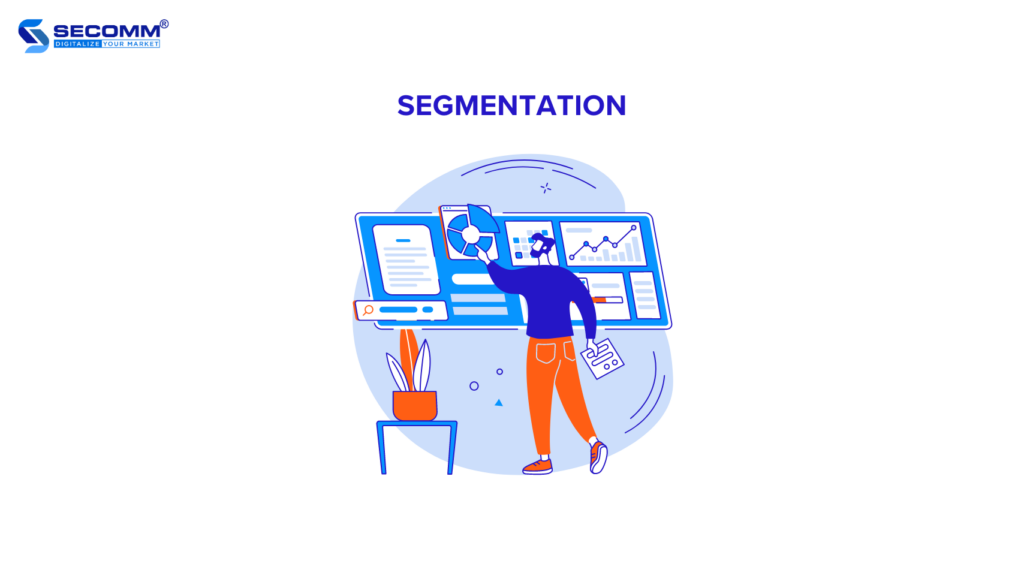
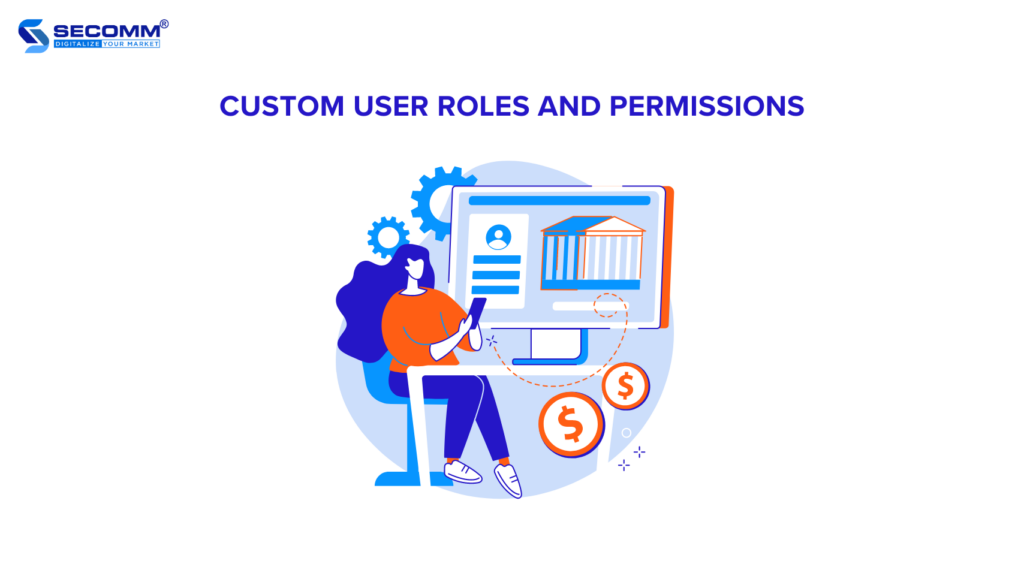
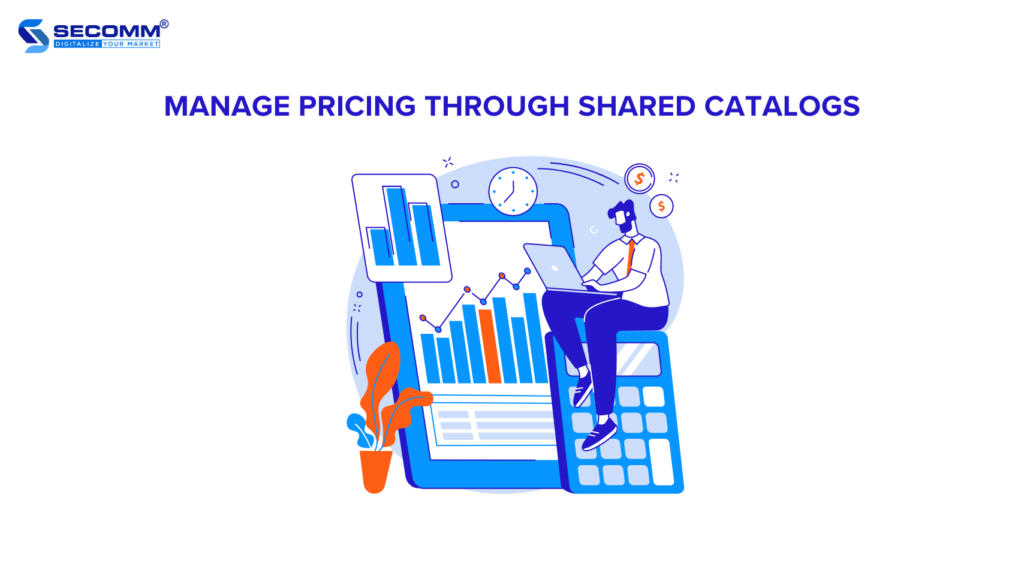
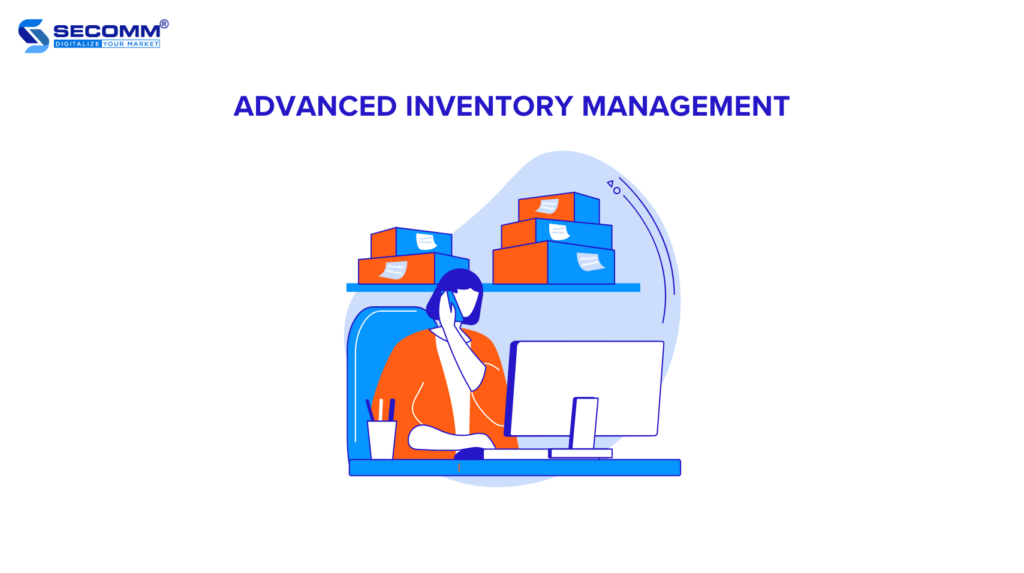
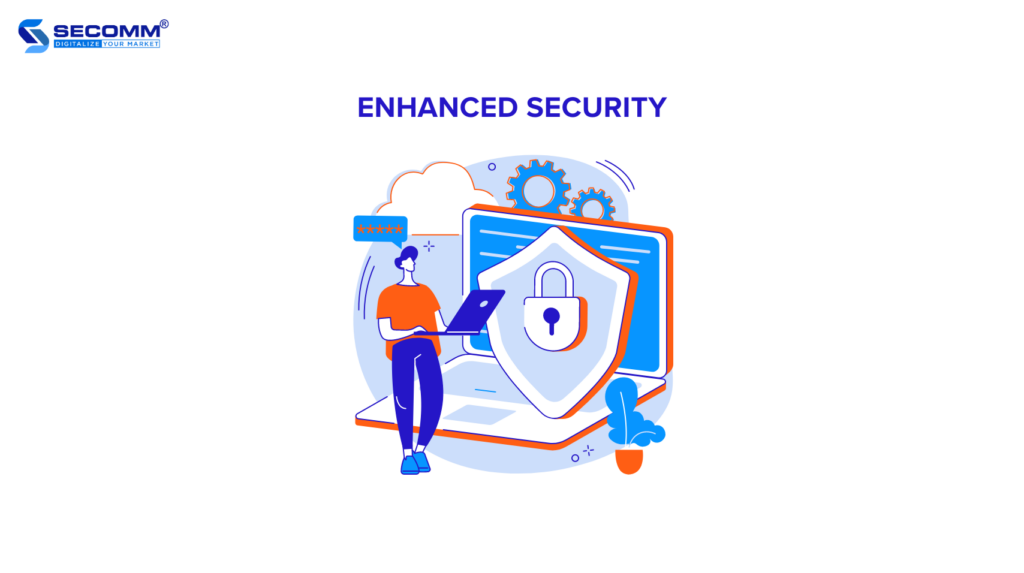
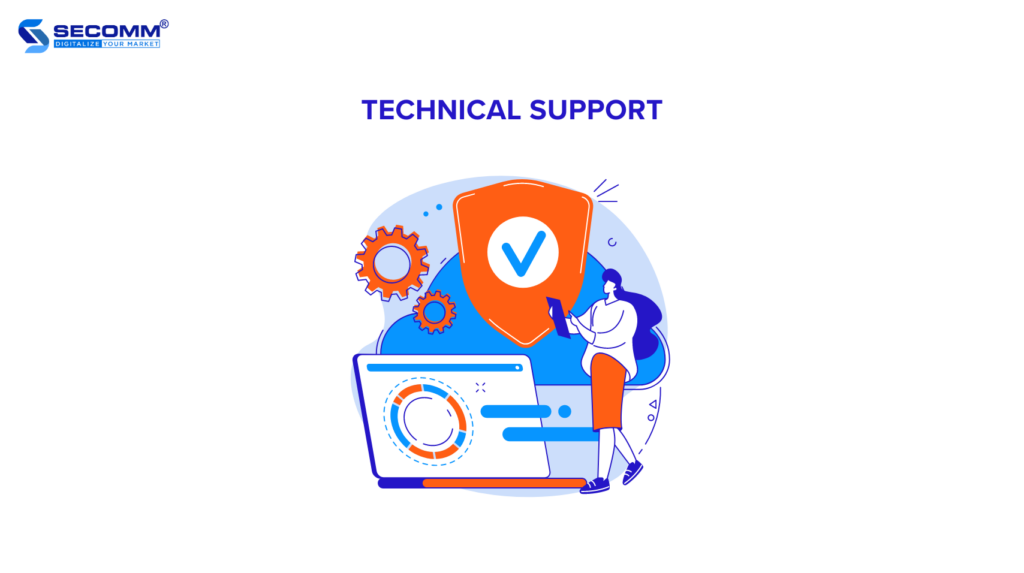
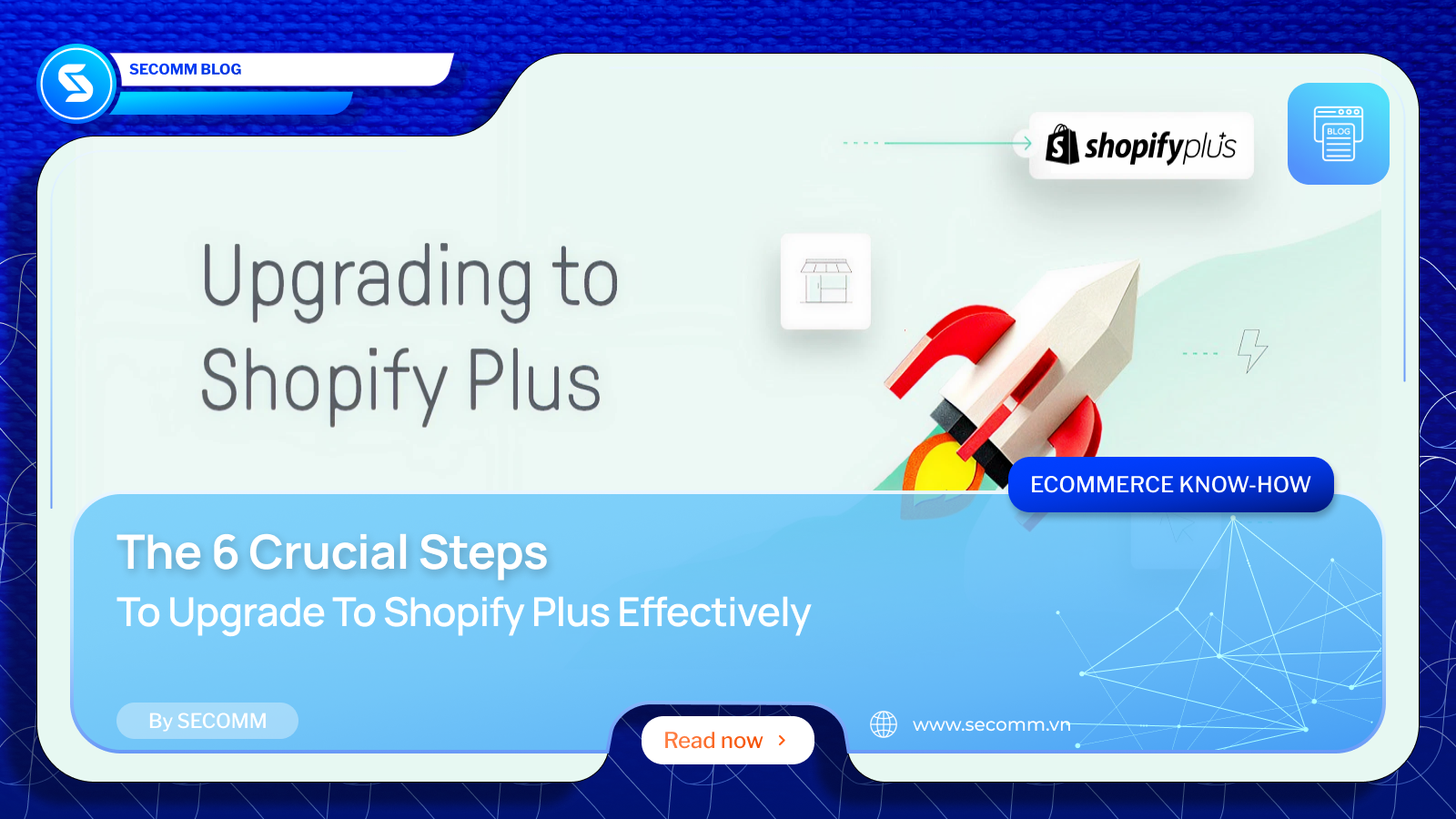
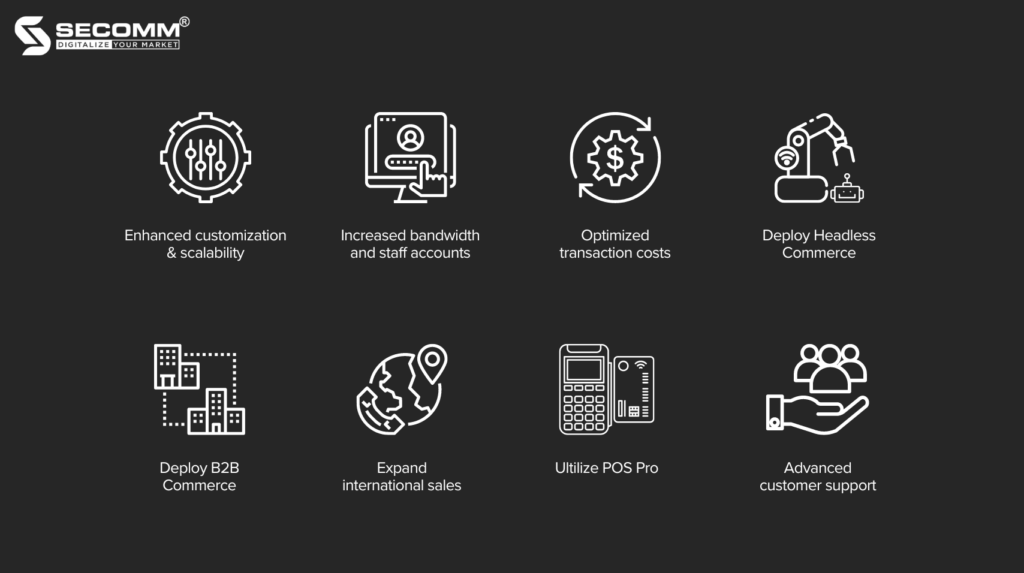
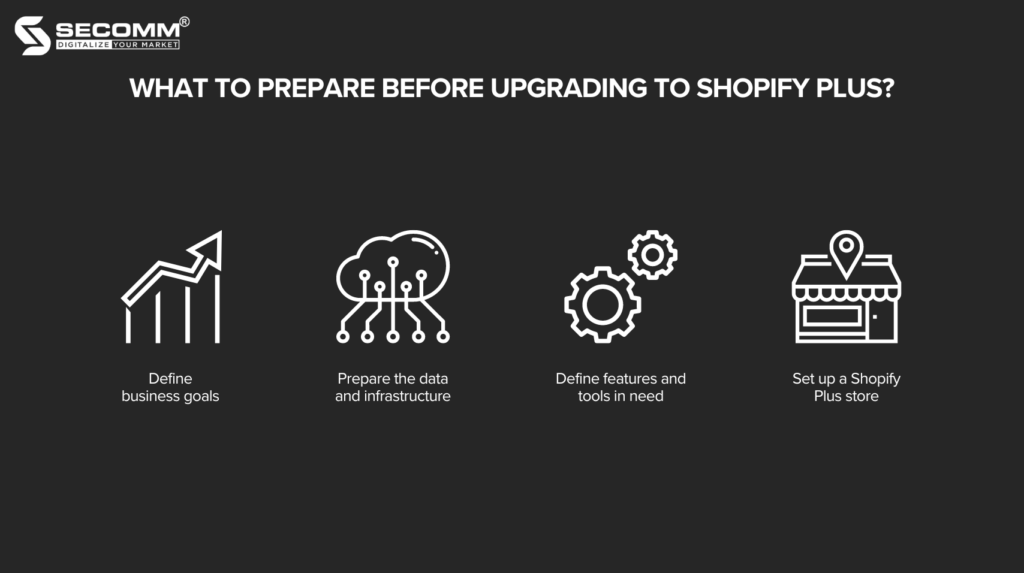
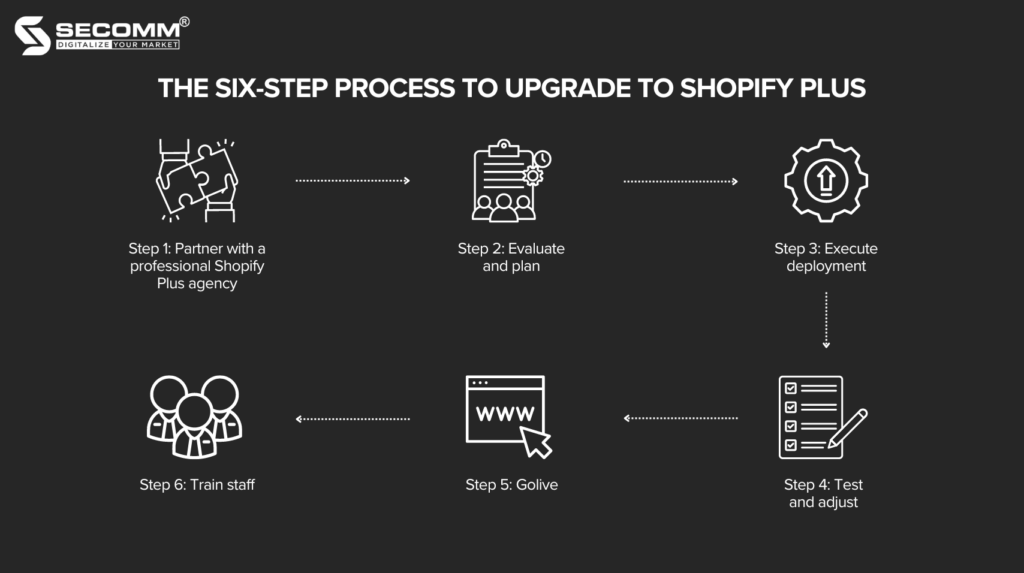
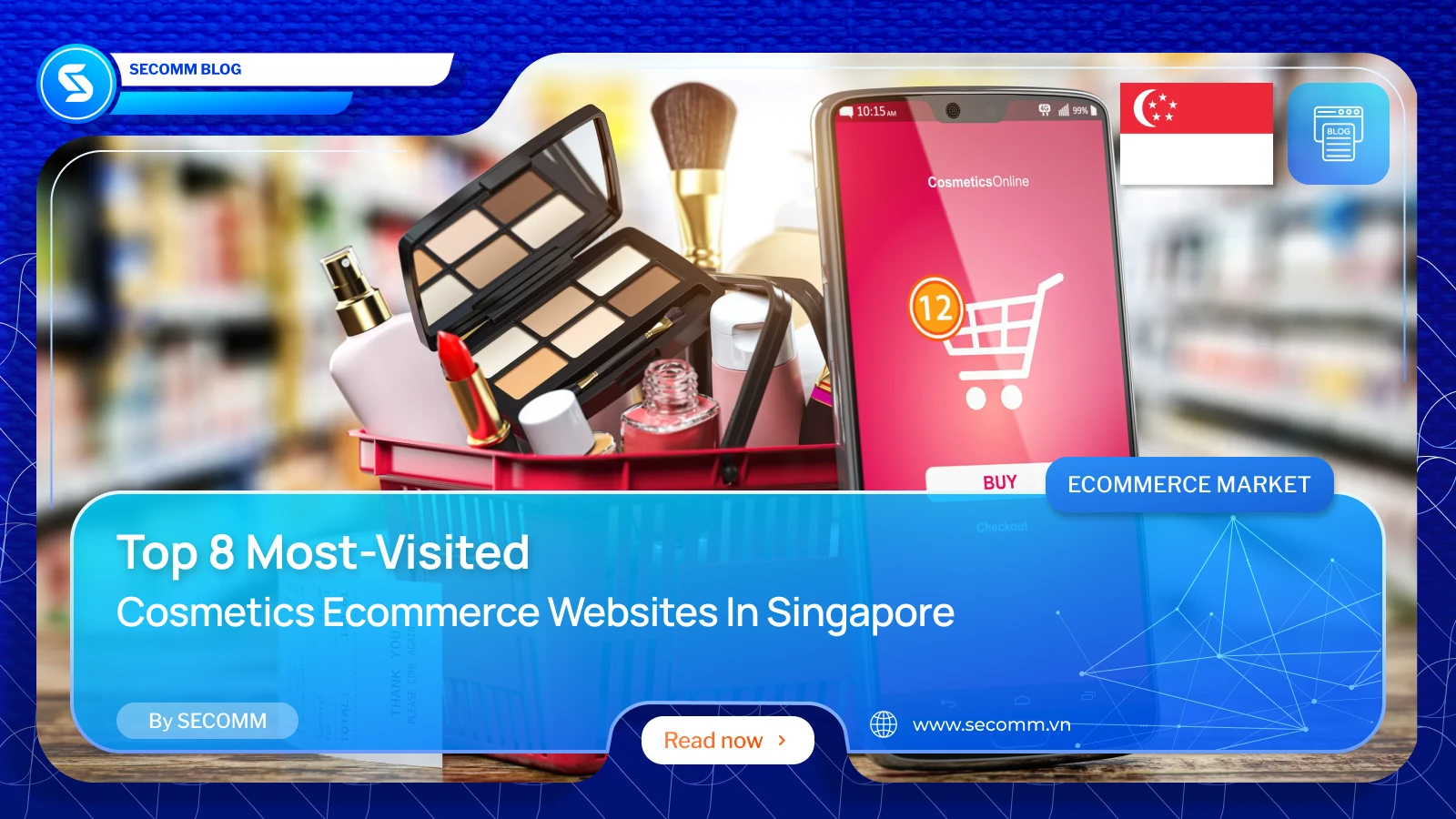
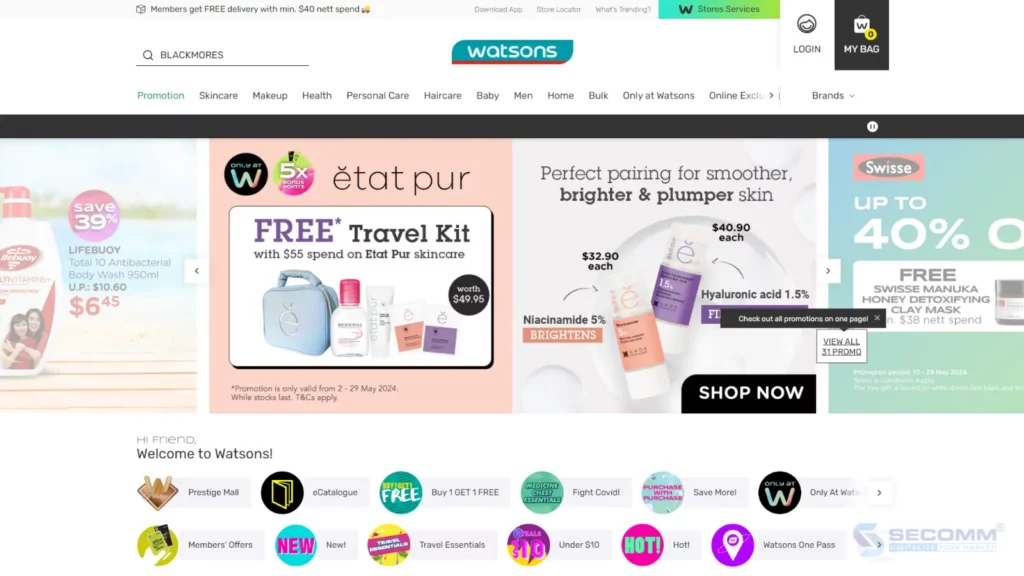
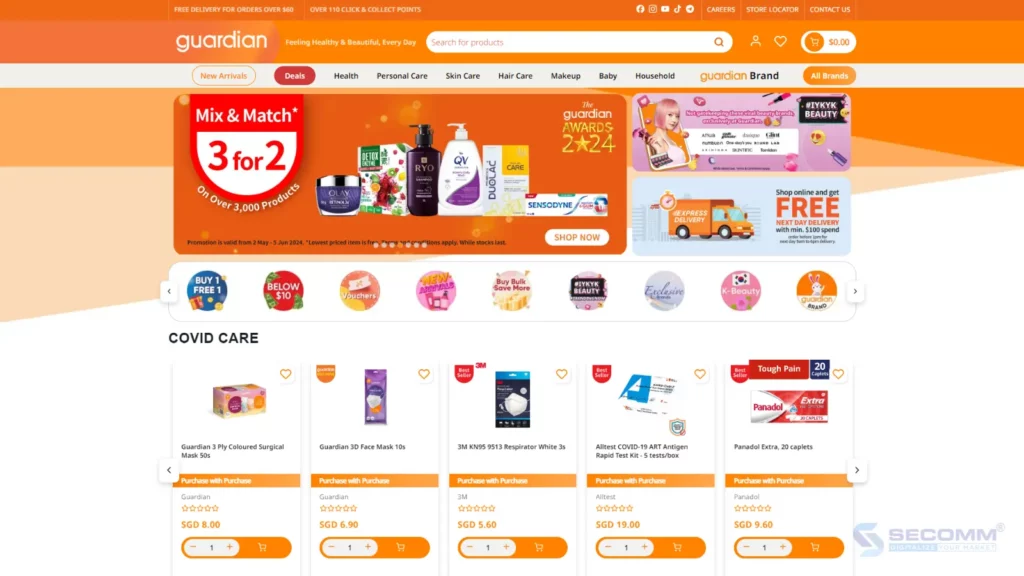
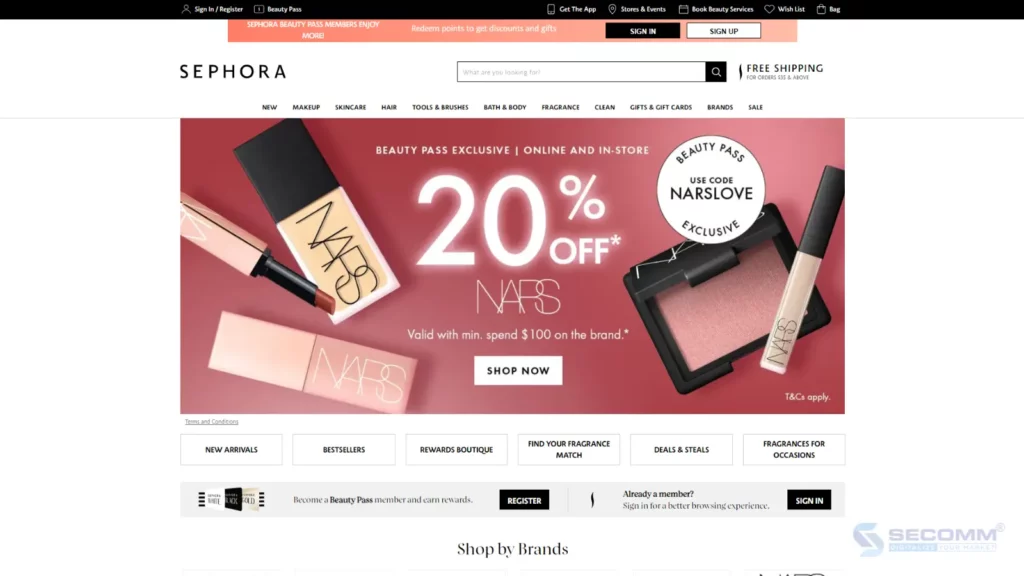
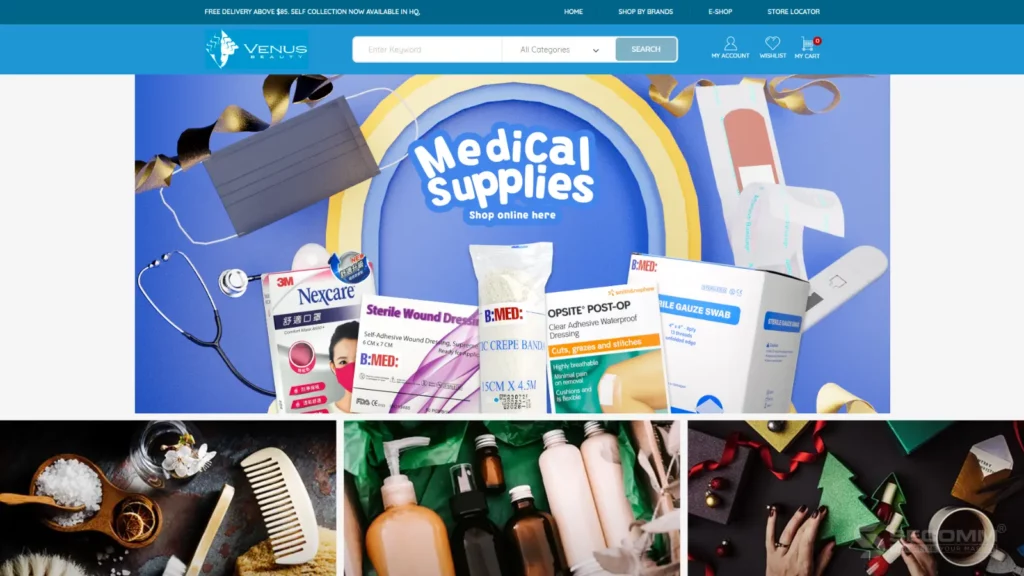
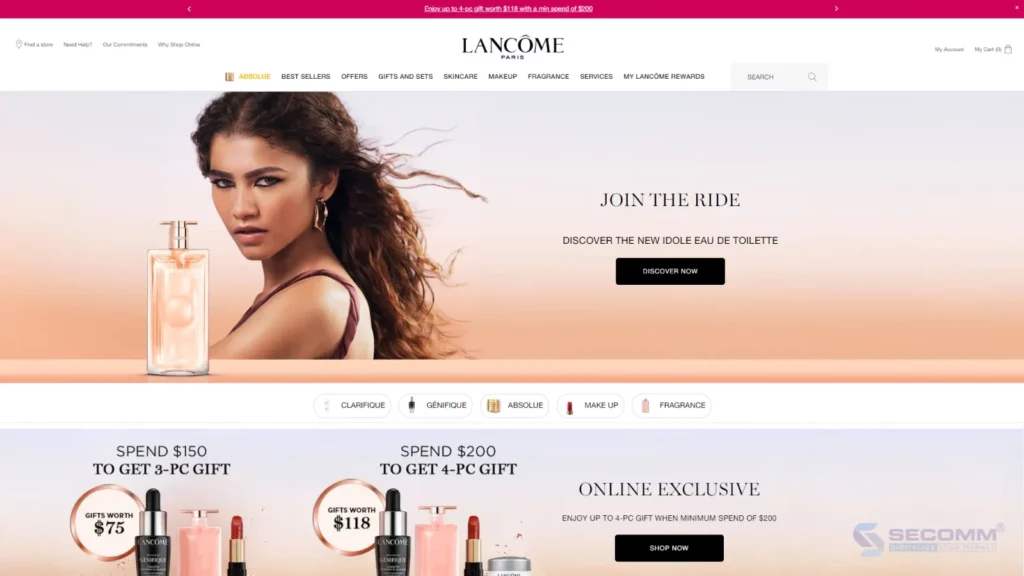


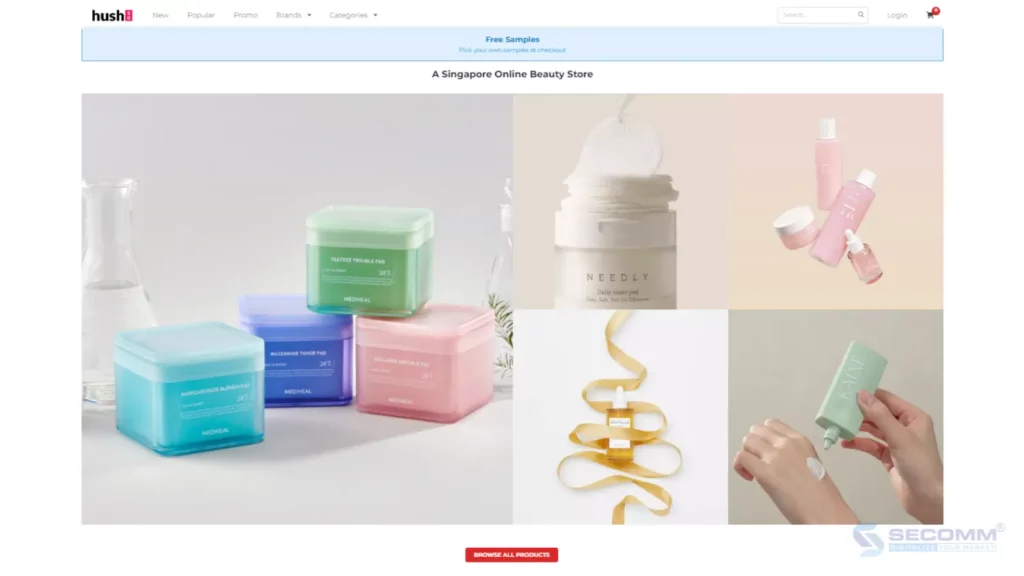


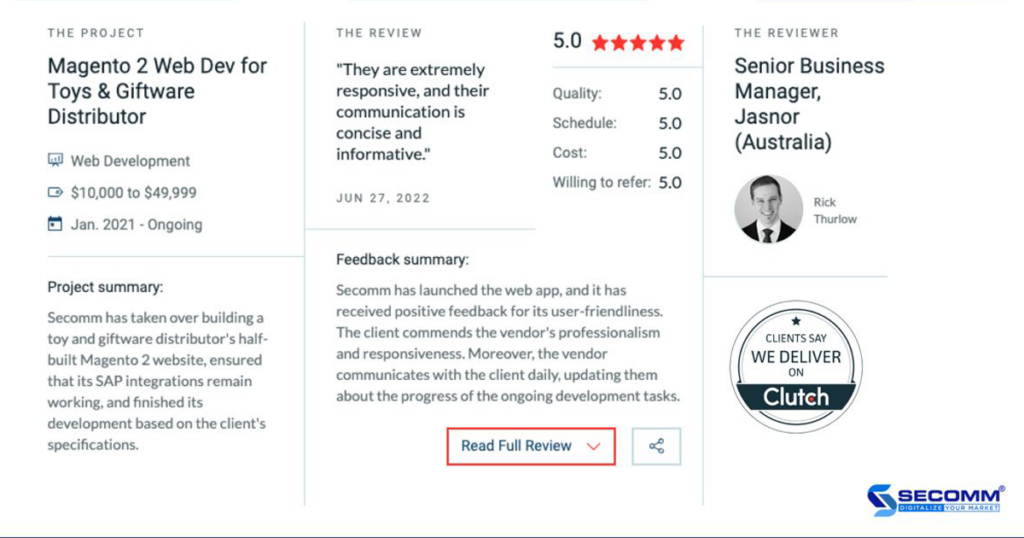
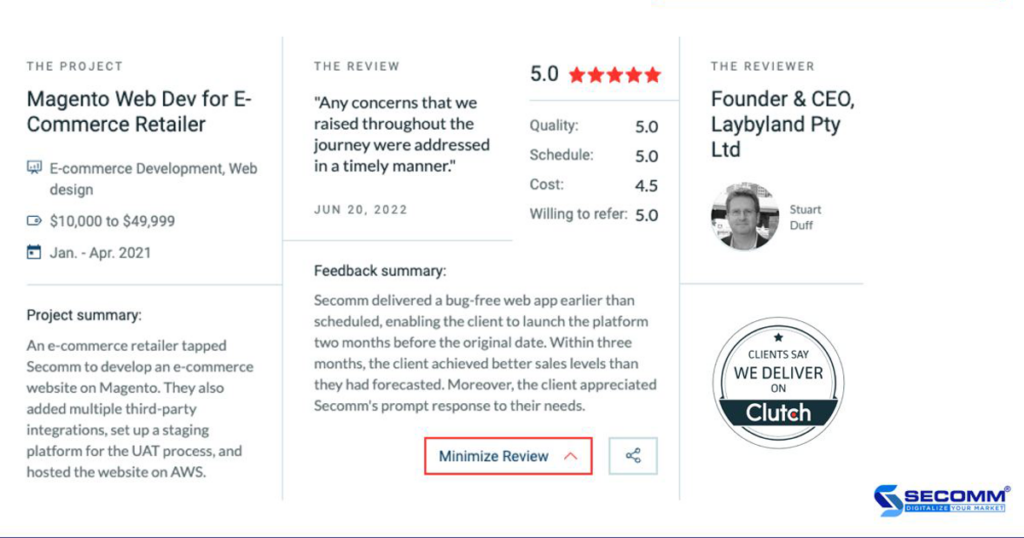
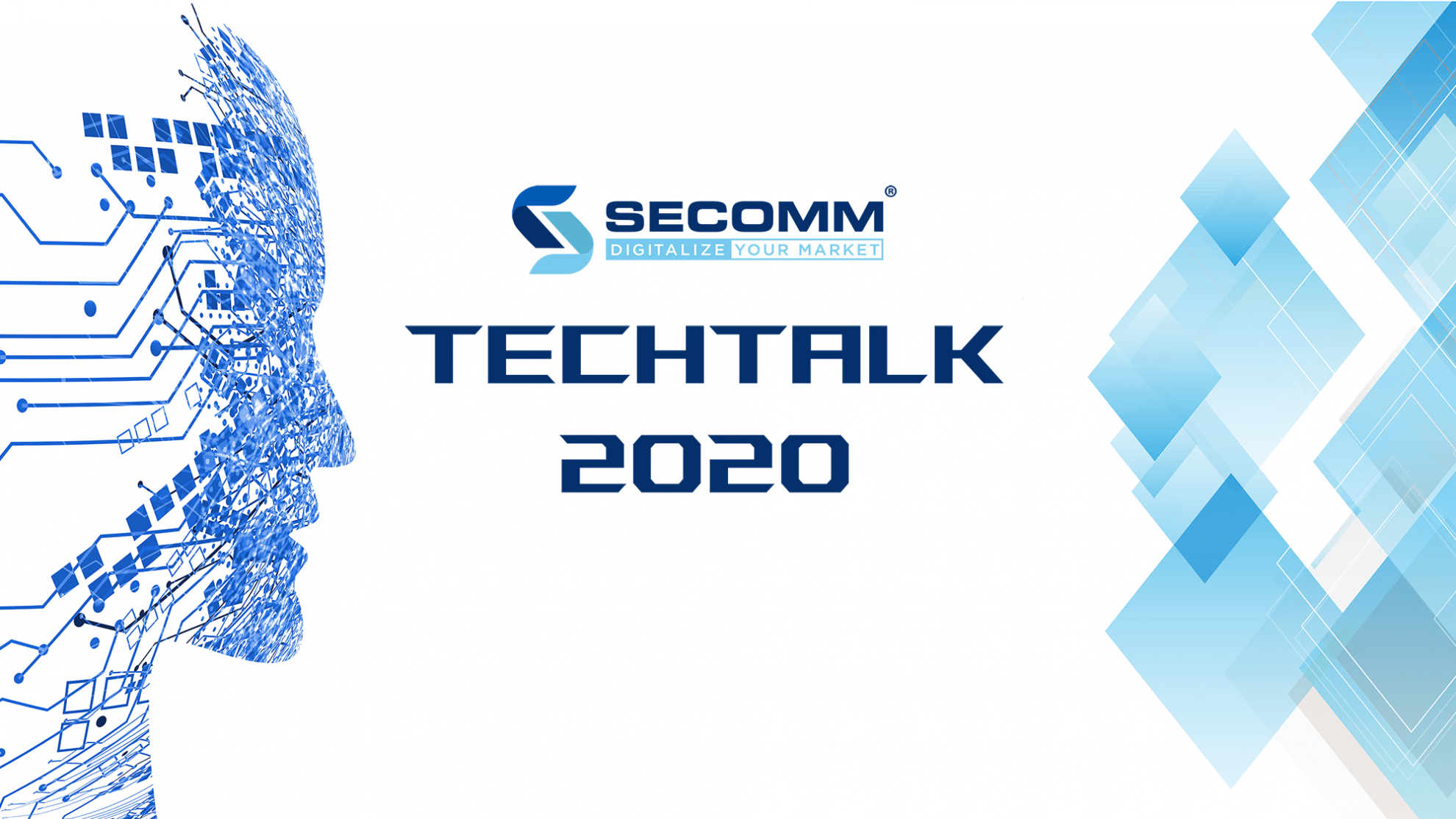
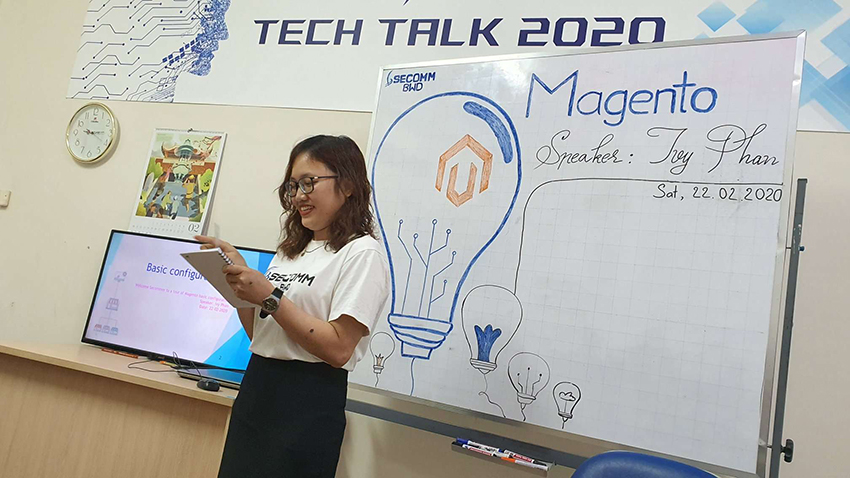















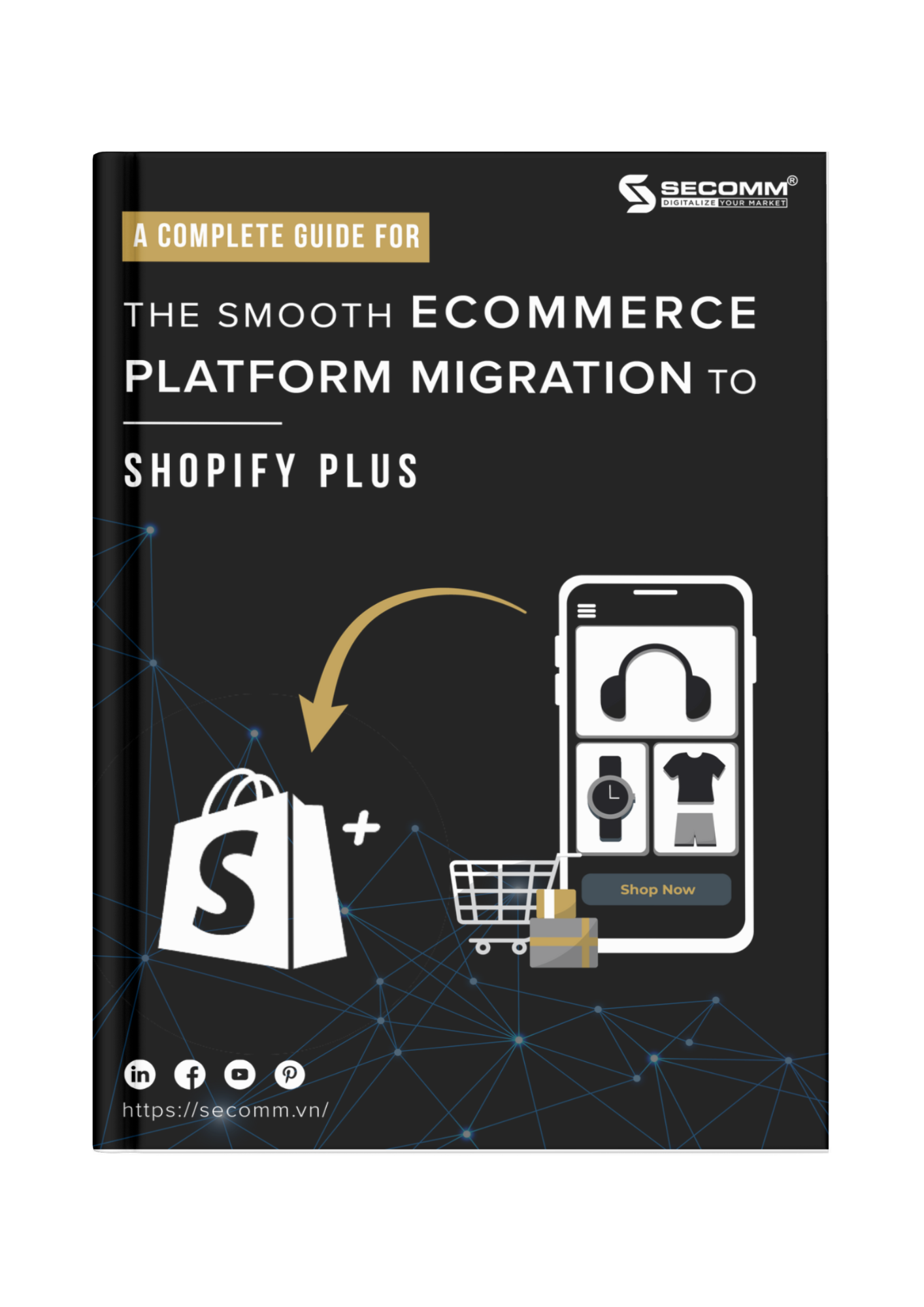



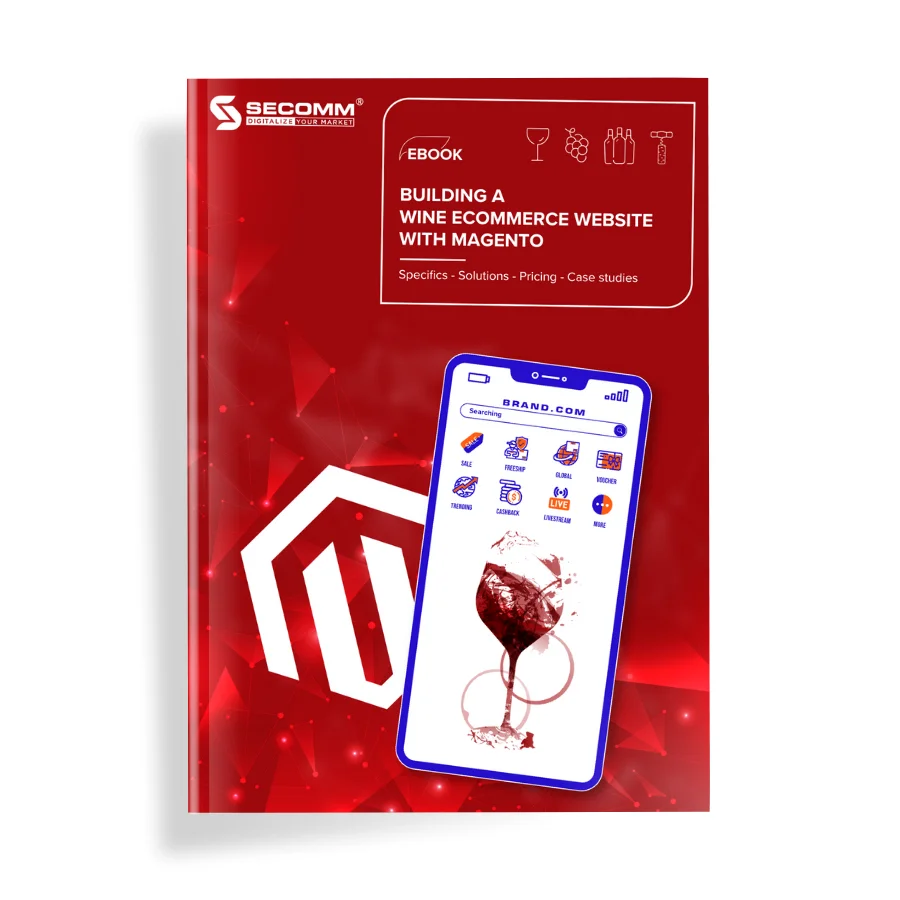
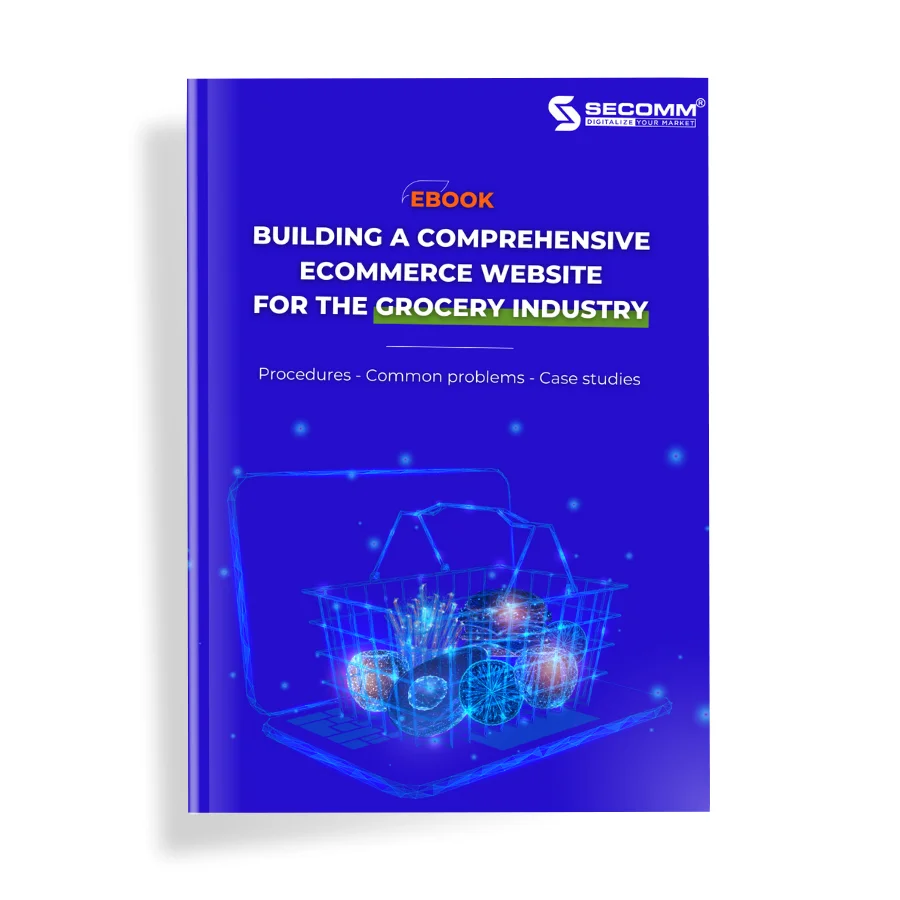
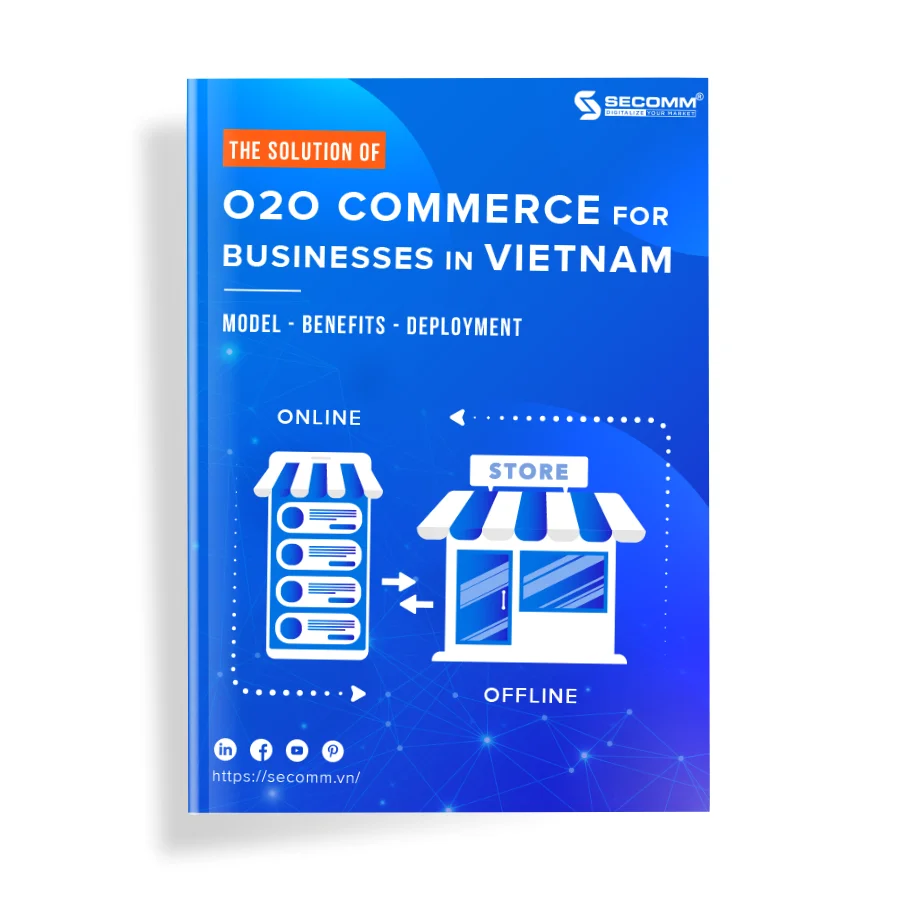
Comment (0)